-
Ukraine war latest: Russia's Engels air base ablaze after Ukrainian drone strike, Kyiv says
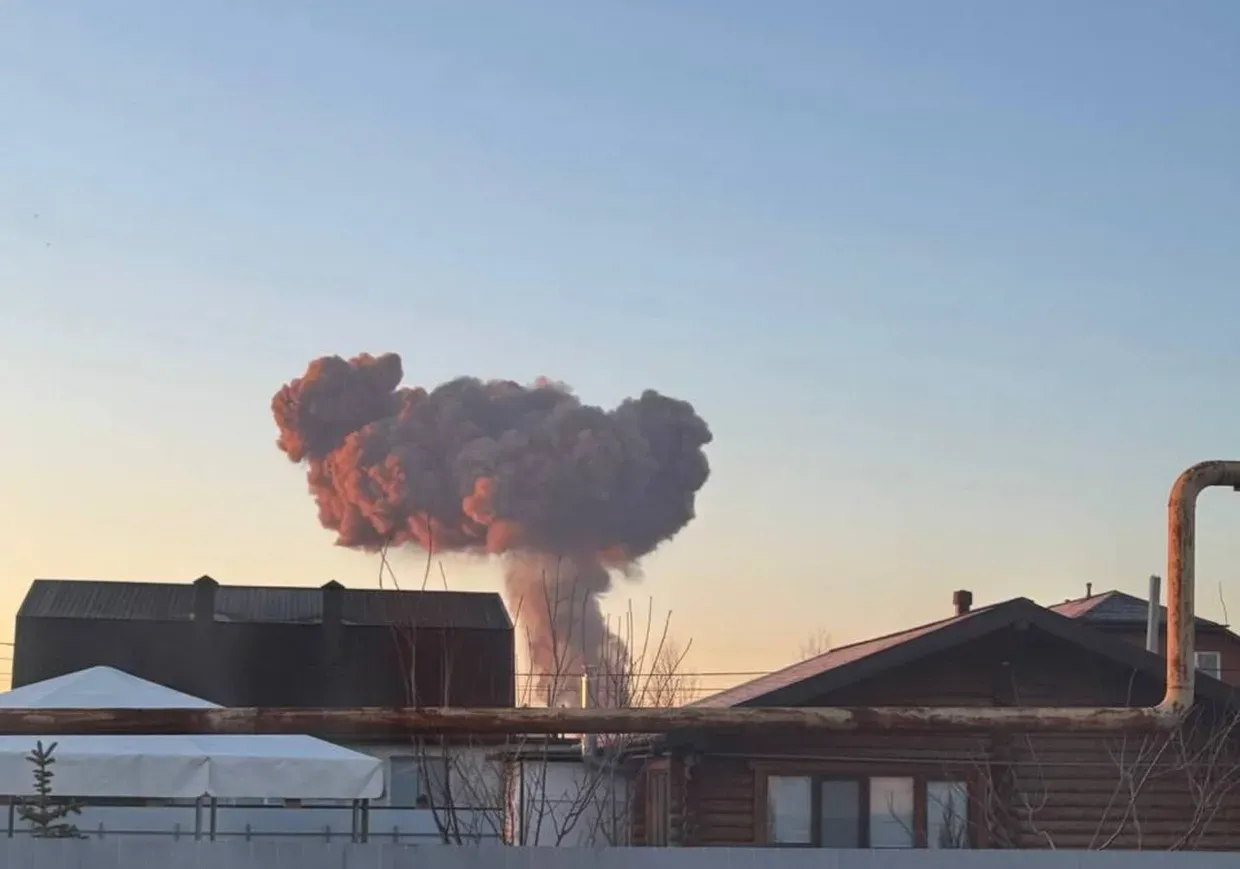
Key developments on March 20:
- Russia’s Engels air base ablaze after Ukrainian drone strike, Kyiv says
- Ukraine, US to hold talks in Saudi Arabia on March 24
- Putin orders Ukrainians ‘without legal status’ to leave Russia, occupied territories by Sept. 10
- $5.4 billion on ammunition for Ukraine ‘realistic’ goal, EU’s top diplomat says
- Ukraine ‘destroys’ Russian command post in Belgorod Oblast, military claims
Russia’s Engels-2 air base in Saratov Oblast was successfully hit by Ukrainian drones overnight on March 20, a source in the Security Service of Ukraine (SBU) confirmed for the Kyiv Independent.
The statement comes after Governor Roman Busargin reported the heaviest drone strike against Saratov Oblast throughout the entire full-scale war.
A fire, explosions, and secondary detonations of ammunition were recorded at the air base following the attack carried out by the SBU and the Special Operations Forces, the source said.
The Engels-2 military air base hosts strategic bomber planes regularly used for aerial strikes on Ukraine. The independent news channel Astra reported explosions near the air base. According to Busargin, residents living near the airfield were being evacuated.
The General Staff of Ukraine’s Armed Forces also reported on the attack.
“This military facility is used by Russian aviation to launch missile strikes on the territory of Ukraine and terrorist attacks against the civilian population,” the statement read.
Residents reported an air raid alert followed by a series of explosions in Saratov and Engels, according to Russian Telegram channels. At least four blasts could be heard at around 4 a.m. local time, according to Mash.
Russian air defenses were “ineffective” and launched missiles toward civilian buildings and infrastructure in Engels and Saratov, according to the SBU source.
The Kyiv Independent could not verify the claims.
‘Massive’ drone attack on Kirovohrad Oblast injures 10, including childrenRussia launched its “largest attack in recent years” on Kropyvnytskyi in Kirovohrad Oblast overnight on March 20, Governor Andrii Raikovych said.The Kyiv IndependentDmytro Basmat
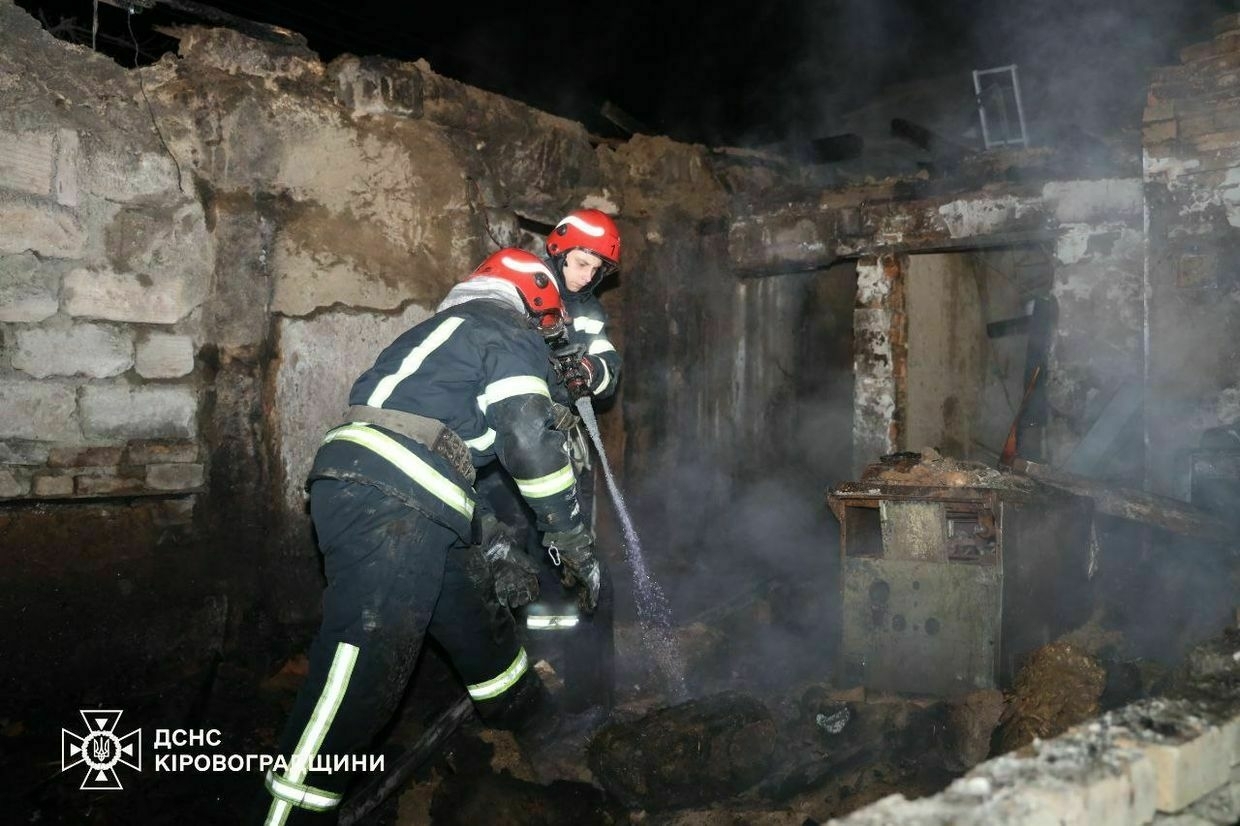
Ukraine, US to hold talks in Saudi Arabia on March 24Ukrainian and American delegations are planning to hold a new round of talks in Saudi Arabia on March 24 to discuss steps toward a ceasefire with Russia, President Volodymyr Zelensky said on March 20.
A U.S. delegation is also expected to meet with Russian representatives in Riyadh on the same day, March 24. These will be two separate meetings that will either happen simultaneously or one after another, Zelensky clarified during a press conference with Norwegian Prime Minister Jonas Gahr Store.
According to Zelensky, Kyiv was ready for a U.S.-proposed 30-day ceasefire — in the sky, at sea, and on the ground — but is ready “to take a step back” and talk about a partial ceasefire given Moscow’s rejection of the complete ceasefire.
A ceasefire to ensure the security of the energy system of both countries means no attacks on energy infrastructure and civilian infrastructure, according to Zelensky.
The Ukrainian leader told Trump that Kyiv would prepare a list of civilian infrastructure facilities that should be part of the agreement.
“I don’t want there to be a different understanding of what the parties will agree on,” he said.
Putin’s ‘ceasefire’ — Is Russia still bombing Ukraine? YesThe Kremlin on March 18 announced it had agreed to a U.S.-proposed partial ceasefire against certain targets in Ukraine, claiming Russian President Vladimir Putin had “responded favorably to the proposal and immediately” ordered his armed forces to halt attacks. Despite the announcement — made afte…The Kyiv IndependentChris York
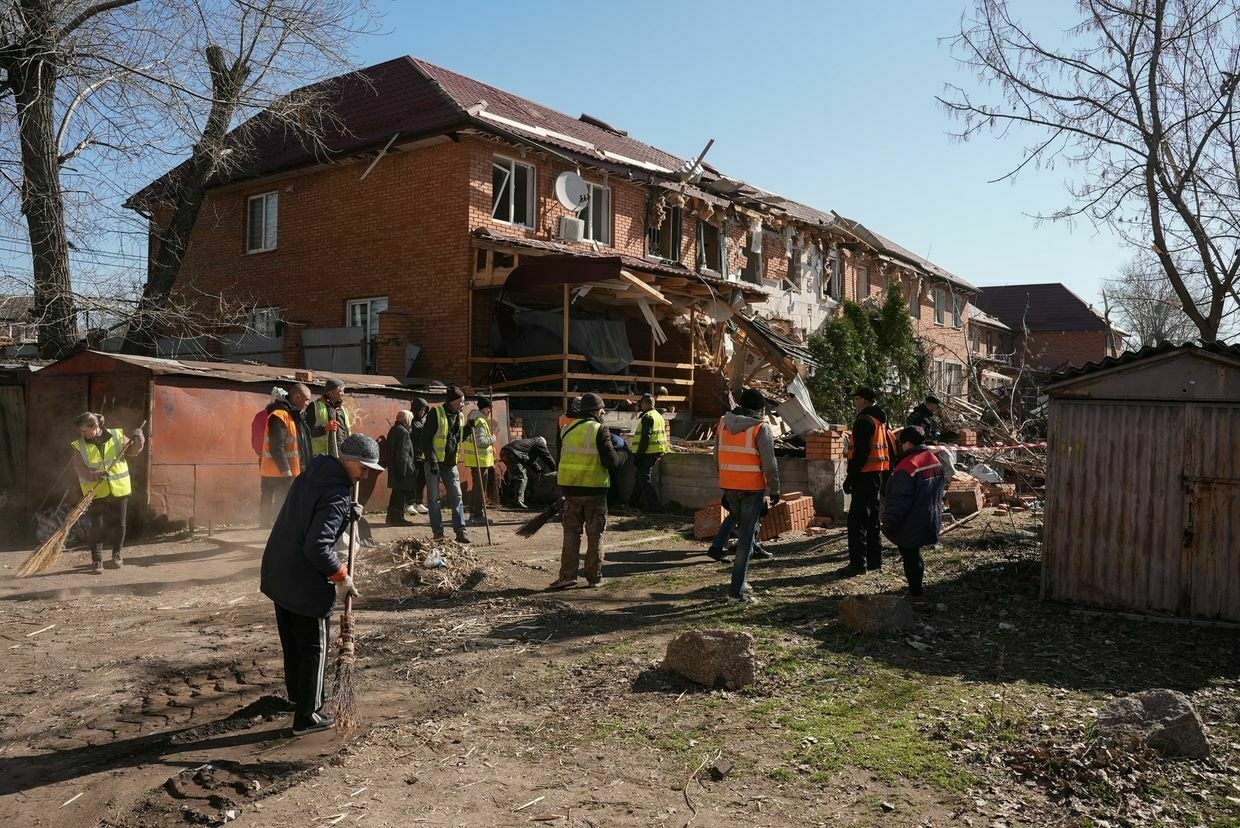
Putin orders Ukrainians ‘without legal status’ to leave Russia, occupied territories by Sept. 10Ukrainian citizens residing in Russia and Russian-occupied territories of Ukraine must leave by Sept. 10 or “regulate their legal status,” according to an official decree signed by Russian President Vladimir Putin and published on March 20.
“Citizens of Ukraine who are in the Russian Federation and do not have legal grounds for staying (residing) in the Russian Federation are required to leave the Russian Federation on their own or regulate their legal status in the Russian Federation by Sept. 10, 2025,” the decree reads.
Russia illegally declared annexation of fully occupied Crimea and invaded the east of Ukraine in 2014. In 2022, Moscow partially occupied Donetsk, Luhansk, Kherson, and Zaporizhzhia oblasts, de facto treating Ukrainian sovereign territory as its own regions.
The decree comes amid Moscow’s efforts to Russify the conquered territories by pressuring Ukrainian citizens into accepting Russian passports or forcing them out while trying to attract Russian citizens to move in.
The document says the order will not concern Ukrainian citizens who will register their status with the Russian Interior Ministry by Sept. 10.
The decree further ordered all “foreign citizens and stateless persons” residing in the occupied parts of Donetsk, Luhansk, Kherson, and Zaporizhzhia oblasts to undergo medical checks on drug use and infectious diseases by June 10.
Putin’s ‘ceasefire’ — Is Russia still bombing Ukraine?The Kremlin on March 18 announced it had agreed to a U.S.-proposed partial ceasefire against certain targets in Ukraine, claiming Russian President Vladimir Putin had “responded favorably to the proposal and immediately” ordered his armed forces to halt attacks. Despite the announcement — made afte…The Kyiv IndependentChris York

$5.4 billion on ammunition for Ukraine ‘realistic’ goal, EU’s top diplomat saysThe EU is working on providing Ukraine with 5 billion euros ($5.4 billion) for ammunition, top EU diplomat Kaja Kallas said on March 20, as a much larger 40-billion-euro ($43 billion) package still lacks consensus.
Speaking to journalists ahead of an EU summit in Brussels, Kallas called the 5-billion-euro tranche a “realistic plan” that is currently under discussion.
Despite Kallas saying earlier this week that the tranche of 40 billion euros has “broad political support” among EU members, some countries, such as Italy, France, or Spain, remain hesitant.
Additional European assistance is ever more crucial for Kyiv now as future support from the U.S., the leading military donor, grows increasingly uncertain under President Donald Trump.
The sum of 5 billion euros for purchasing 2 million large-caliber ammunition rounds is seen as a first step that could be achieved before a possible consensus on the more significant tranche.
EU officials have been discussing ways to move the bigger package forward, including basing contributions on consent to avoid a likely veto by Hungary, the bloc’s most Russian-friendly country.
The contributions are to be based on each member state’s gross national income (GNI), which has also become a key sticking point in the discussions.
“Some countries have done more, and some countries are bigger economies,” Kallas said.
EU should keep frozen Russian assets until reparations paid even if US returns funds, commissioner says“G7 decision that those assets are not going back to Russia unless Russia pays for its damages is something which is already decided. And it’s important to stick with this decision,” EU Economy and Trade Commissioner Valdis Dombrovskis said.The Kyiv IndependentDominic Culverwell
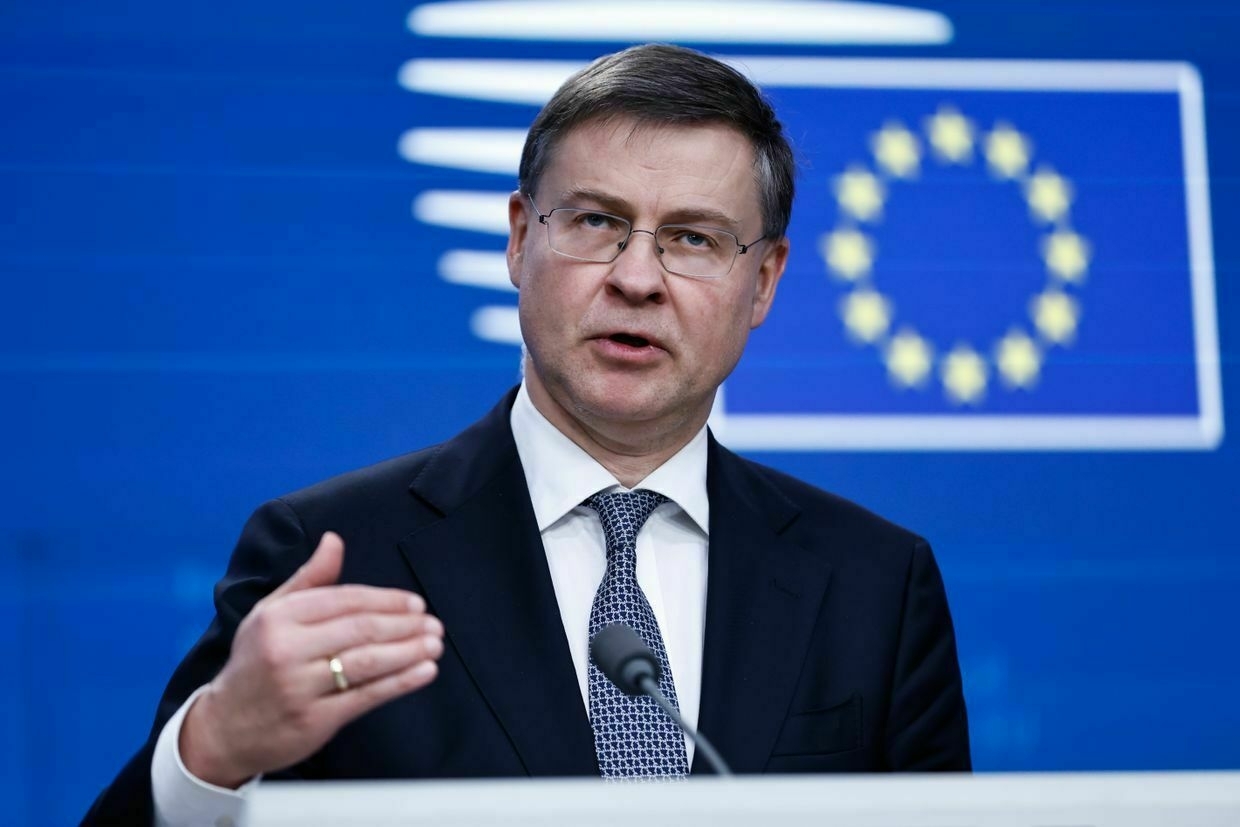
Ukraine ‘destroys’ Russian command post in Belgorod Oblast, military claimsUkrainian troops “destroyed” a command post of the Third Motor Rifle Division of the 20th Army of the Russian Armed Forces near the village of Demidovka in Russia’s Belgorod Oblast on March 18, Ukraine’s General Staff reported on March 20.
The news comes days after Moscow claimed that Ukrainian troops allegedly launched an offensive on Belgorod Oblast. Russian reports emerged on March 18 ahead of the phone call between Russian President Vladimir Putin and U.S. President Donald Trump.
Andrii Kovalenko, the head of the counter-disinformation department at Ukraine’s National Security and Defense Council, rejected Russia’s claims, while President Volodymyr Zelensky neither confirmed nor denied Ukrainian operations in Belgorod Oblast.
According to the Ukrainian military, Russia used the command post to plan and conduct combat operations against Ukrainian soldiers in Sumy Oblast.
Sumy Oblast borders Russia’s Bryansk, Kursk, and Belgorod oblasts. Amid Russia’s breakthrough in embattled Kursk Oblast, Zelensky said on March 15 that Russian soldiers were amassing at the border to prepare to launch an attack on Ukraine’s northeastern region.
Demidovka lies around five kilometers (three miles) east of the Ukrainian border.
“Its (command post’s) elimination significantly reduces the ability of the units of the Third Motor Rifle Division of the Russian Federation to operate effectively on the battlefield,” the statement read.
The Kyiv Independent could not verify these claims.
“We have seen a new concentration of troops on the border with Sumy Oblast. We can see what they want to do — they want to strike Sumy, Kharkiv, and Zaporizhzhia oblasts,” Zelensky said on March 18 when asked about alleged Ukraine’s offensive on Belgorod Oblast. “We will not let them do it so easily."
Belgorod Oblast is regularly used by Russia to launch strikes against Ukrainian territory. At the same time, Belgorod Oblast authorities have repeatedly accused Ukraine of launching attacks against the region and Belgorod city throughout the full-scale war.
Recently, multiple clashes have been reported in the region amid Ukraine’s ongoing cross-border incursion focused on neighboring Kursk Oblast.
Note from the author:
Ukraine War Latest is put together by the Kyiv Independent news desk team, who keep you informed 24 hours a day, seven days a week. If you value our work and want to ensure we have the resources to continue, join the Kyiv Independent community.
-
Ukrainian author Oksana Zabuzhko on why Ukrainians ‘don’t have to respect Pushkin’
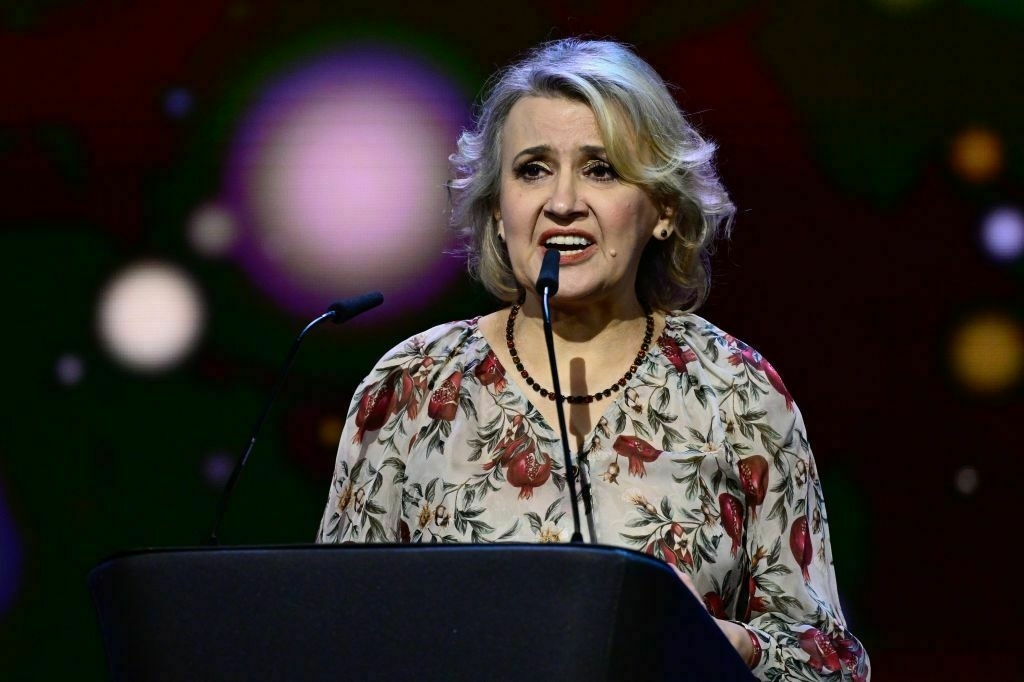
Over the past three years of full-scale war, Ukraine’s cultural figures have shifted from focusing solely on their craft to becoming diplomats, advocating for their culture abroad as the Russian army continues its relentless attempt to destroy it.
At the same time, within Ukraine itself, a resurgence of national identity that began in 2014 has been accelerated by the full-scale war. Ukrainians en masse are reclaiming and reconnecting with their heritage, immersing themselves in a culture that Russia has spent centuries trying to suppress.
Oksana Zabuzhko, one of Ukraine’s most prominent authors, has been at the forefront of the country’s cultural revival since its independence in 1991. Her novel “Fieldwork in Ukrainian Sex” is regarded as one of the most significant works of independent Ukraine and her books have been translated into multiple foreign languages.
In an interview with the Kyiv Independent, Zabuzhko discussed why Ukrainians should not feel obligated to respect Russian literature, the rightful place of classic Ukrainian female authors in the global literary canon, the challenge of self-censorship during wartime, and why it’s wrong to share a stage with Russian authors while the war continues.
This interview has been edited for length and clarity.
The Kyiv Independent: During the past three years of the full-scale war we’ve seen an increasing amount of global attention directed at Ukraine and Ukrainian culture. But what does the West still not understand about Ukraine?
Oksana Zabuzhko: Well, I wouldn’t place all the blame on the West. A significant share of it does lie there, but I don’t see it as my role to act like some kind of global teacher. Honestly, I hate that role, even though I often find myself having to play it.There are still many things about Ukraine that Ukrainians themselves have yet to fully understand. We’re still in the process of self-discovery — learning about our own history, and identity. Right now is a particularly interesting time, with this major tectonic shift happening. For the first time since 1945, Europe is being forced to confront its security system on its own. In a way, (U.S. President Donald) Trump and his administration served as a wake-up call for Europe, and suddenly, we’re seeing all these fascinating discussions — both Ukrainian and international — taking place in Kyiv.
For years, Ukraine was seen as an axis between East and West — between Poland and Russia — interpreted through frameworks like Samuel Huntington’s “clash of civilizations” or other similar narratives, which, frankly, I consider nonsense. But now, we’re witnessing a shift: Ukraine is becoming an axis that runs North-South. I call this project “Mazepa’s Europe,” after (Ukrainian) Hetman (Ivan) Mazepa, who once envisioned it. His vision ultimately failed in the early 18th century, but it was rooted in an older, historically significant route — the path from the Varangians to the Greeks, which has long played a vital role in both Ukrainian and European history.
This idea of an “Intermarium” — linking the Baltic and Black Seas — is not a hierarchical model where great powers dictate terms to smaller nations. Instead, it’s a democratic Intermarium, where states and nations collaborate as equals, forming temporary alliances and working together on their own terms. It stands in stark contrast to the old model of power, where decisions about smaller nations’ fates were made over their heads by the so-called great powers — like in Yalta (in 1945).
It’s a different approach — very European, I would say. It’s deeply anti-superpower, anti-imperial, and at the same time, unmistakably Ukrainian. After all, we have always existed along this historic route from the Varangians to the Greeks.
Mazepa’s project is something generations of Ukrainians were never taught in school. Our heavily Russified, colonial education system conditioned people to believe that Mazepa was a villain simply because he defied Peter I. (Russian poet Alexander) Pushkin wrote that he was a traitor, and so we were taught to respect Pushkin. But we don’t have to.
This is part of the broader decolonization process — learning about ourselves from a long-term perspective, whether across three centuries or even a millennium. There’s still so much we have yet to share with the world, and many new textbooks are still waiting to be written. It’s an exciting subject.
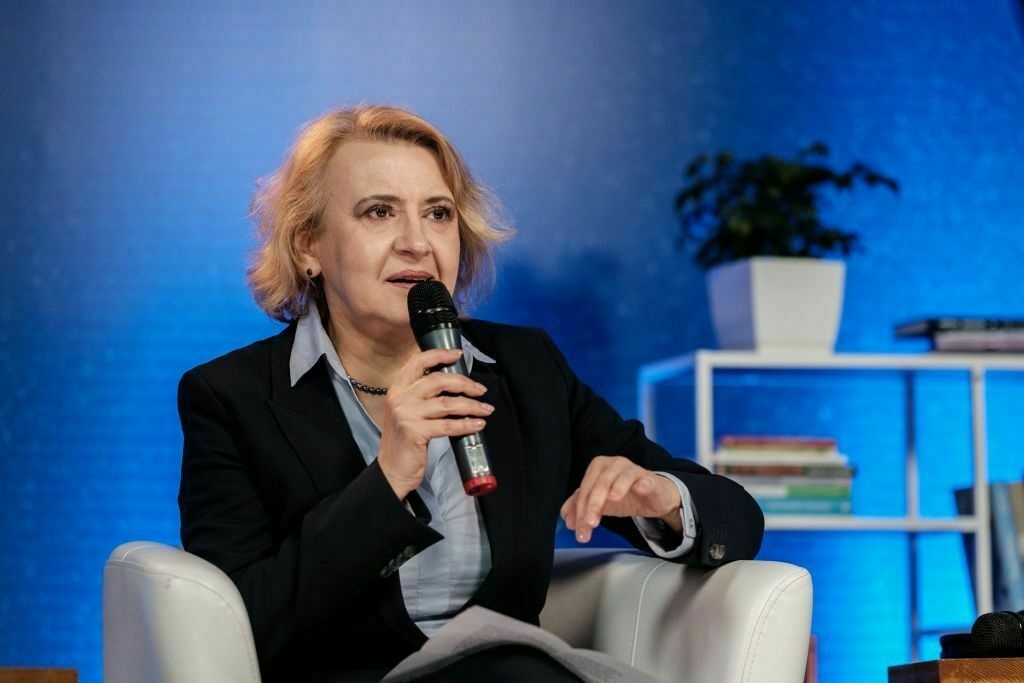
Oksana Zabuzhko, author and poet, attends the 30th Lviv BookForum on Oct. 7, 2023, in Lviv, Ukraine. (Les Kasyanov/Global Images Ukraine via Getty Images) The Kyiv Independent: Building on this idea, I have to say that I recently read Olha Kobylianska’s short story “Valse mélancolique” (1898) for the first time, and as a foreigner, I was struck by the strong tradition of feminist thought in Ukrainian literature. The line, “We shall live not as mothers or wives, but as women,” has stayed with me ever since. It seems to me that if the world were more familiar with Ukraine’s classic female writers, they would rightfully earn their place in the global literary canon.
Oksana Zabuzhko: Thank you so much — I can’t tell you how much I appreciate what you just said. It’s something I’ve been emphasizing for years: we still need to “sell” this idea to the West, to convince Western audiences — however loosely we define them — that without Olha Kobylianska, and even more so Lesia Ukrainka, the landscape of European literature is incomplete.
(Ukrainian writer) Lesia Ukrainka was, in many ways, half a century ahead of her time compared to her Western European female contemporaries. That’s an undeniable truth. What makes Ukrainian culture particularly unique in gender terms? Perhaps it has to do with Ukraine’s long history as a frontier. Here’s a simple way to put it: we never burned our witches. Of course, there were practices like trial by water — drowning women to determine if their souls were pure — but the ancient pagan tradition of strong, wise women endured in Ukraine far longer than in most of Europe. Even in the 20th century, every village still had a healer or “witch” who cured people.
But it’s not just about the survival of pagan traditions. Ukrainian folk culture has always had a powerful female voice. Early 19th-century ethnographers were surprised to discover that two-thirds of Ukrainian folk songs were told from a female perspective — something highly unusual at the time. These songs weren’t just lyrics; they chronicled the entire arc of a woman’s life.
More importantly, Ukrainian women historically had legal rights that were rare in Europe. They could own property and pass it down through the female line — a practice known as “materyzna.” This inheritance, whether money, land, or real estate, was untouchable by husbands and meant to be passed from mother to daughter. Compare that to the impact of the Reformation on women’s rights in Western Europe, and it’s easy to see why Ukraine has such strong female and even feminist voices.
Lesia Ukrainka and other Ukrainian feminists of the time didn’t just advocate for women’s rights; they saw the legal and social restrictions placed on women in European culture as entirely artificial and absurd. Just read her letters — they should be translated into every European language. She was, in a way, the blogger of her time, writing five or six letters a day while traveling. Because of her tuberculosis, she spent much of her life in sanatoriums across Europe. Her letters form an intellectual diary of the Belle Époque, particularly the decade before World War I. And unlike many of her contemporaries, she had a chilling premonition that this beautiful world was on the brink of collapse.
Her perspective is deeply European, unmistakably Ukrainian, and distinctly female — something that is still missing from the broader European literary canon. And it’s absolutely fascinating.
The Kyiv Independent: Would you say that there are any major taboos that exist in Ukrainian literature today?
Oksana Zabuzhko: That’s a difficult question — a really difficult one. I wouldn’t say we’re fully ready to discuss how exactly the war has affected our writing.
In terms of genre, yes, there’s already some discussion. Poetry, for instance, always survives — it’s the art of quick reaction. Essays, too. This is a strong time for poetry and essays. But when it comes to longer forms, like the novel, it’s much more complicated. And speaking of taboos, there’s something I think it’s time to acknowledge.
One of the biggest challenges for a writer in a country at war is that you lose many privileges — but perhaps the most profound loss is the ability to freely criticize your own country. It’s a form of self-censorship, and it’s a real problem for free thought, for imagination, for writing itself. When your country is under attack — when someone is trying to erase it from existence — you start to think in terms of security above all else. Criticizing your country suddenly feels like siding with the enemy, with those who want to destroy it.
And then you realize that being able to openly critique your own country is a privilege. A privilege that disappears in wartime. Because now, you feel mobilized. You feel a duty to strengthen your country, to contribute to its resilience. Anything that exposes its weaknesses can be twisted, weaponized by those who seek to annihilate it.
That, I would say, is what makes me most uncomfortable in my own writing right now — this imposed self-censorship. But that’s war. That’s war.
The Kyiv Independent: Right now in the West, we have a troubling situation where people are eager to humanize Russia, including Russian soldiers fighting in Ukraine. They seek a kind of normalization. Perhaps you heard of the documentary, “Russians at War,” in which soldiers are portrayed as simple, helpless men. I know Ukrainian authors don’t particularly want to be diplomats; they want to write. But how do we confront this moving forward?
Oksana Zabuzhko: There are, of course, different shades of propaganda, and “Russians at War” — a documentary that many of my Western friends didn’t even recognize as propaganda — was a shocking example of their naivety. A simple question: Do you really think a filmmaker with a camera would be allowed to move freely among Russian soldiers without permission from someone higher up?
When I asked this, the response was always the same: “Oh, really? I didn’t think about that.” This lack of awareness is alarming. The war is at their doorstep too, yet they fail to ask the most basic questions. When they see Russian soldiers being filmed by an allegedly independent filmmaker, the first thing they should ask is: How did this filmmaker get access? Of course, it was approved and paid for from the top. This is all part of Russia’s soft power and propaganda — this push for normalization is a key part of their cultural strategy.
So what can Ukrainians do? Just yesterday, I was discussing this with my agent, who is arranging interviews for me at the Leipzig Book Fair. A journalist asked if I would consider a public dialogue with a Russian writer — someone respected, someone who has written a book against the war, not just a statement or an open letter. And this, too, exposes an important distinction: a writer’s stance on war is not just what they say in interviews. It’s what they put in their books. If a writer has spent years romanticizing the Russian Empire, glorifying (Soviet dictator Joseph) Stalin, or celebrating its imperial past, how can they now claim to be against the war? It’s as absurd as imagining a so-called “anti-fascist” German writer in the 1930s praising (Holocaust architect Heinrich) Himmler’s leadership while condemning (Nazi leader Adolf) Hitler in interviews.
The reality is, I might have a drink with one of these so-called “anti-war” Russian writers in a bar — some of them I’ve known for years — but I won’t share a stage with them in public discussion. And here’s why: in three years of this full-scale war — the largest in Europe since World War II — there has been no collective Russian action against it. Yes, many Russians fled abroad. Yes, some join Ukrainian protests in Berlin or other cities. But have they organized their own protests against Russia’s war? Have they released any collective statement against it? No. Not one.
But when you put them next to us, when you invite them to share the stage with Ukrainians, you legitimize them. You try to place them in the same category of suffering, as if their situation is comparable to ours. And I’m sorry, but it’s not. Not until they take a real stand. So yes, I might have a private conversation with them, but a public discussion? No way. Not until after our victory.
Note from the author:
Hey there, it’s Kate Tsurkan, thanks for reading my latest interview. Oksana Zabuzhko is truly a living legend, one of the greatest figures of contemporary Ukrainian culture, and I was so thrilled to not only finally meet one of my literary heroes but share our conversation with you. Now more than ever it is important to support Ukrainian culture, as Russia seeks to dismantle it. If you like reading this sort of thing, please consider becoming a member of the Kyiv Independent.
Historian Marci Shore: Putin’s obsession with denazification is ‘Freudian projection’The return of U.S. President-elect Donald Trump to political life has raised uncomfortable questions about the future, not only within the U.S. but also on the global stage. This is particularly true for countries like Ukraine, which relies on U.S. aid as it’s locked in aThe Kyiv IndependentKate Tsurkan
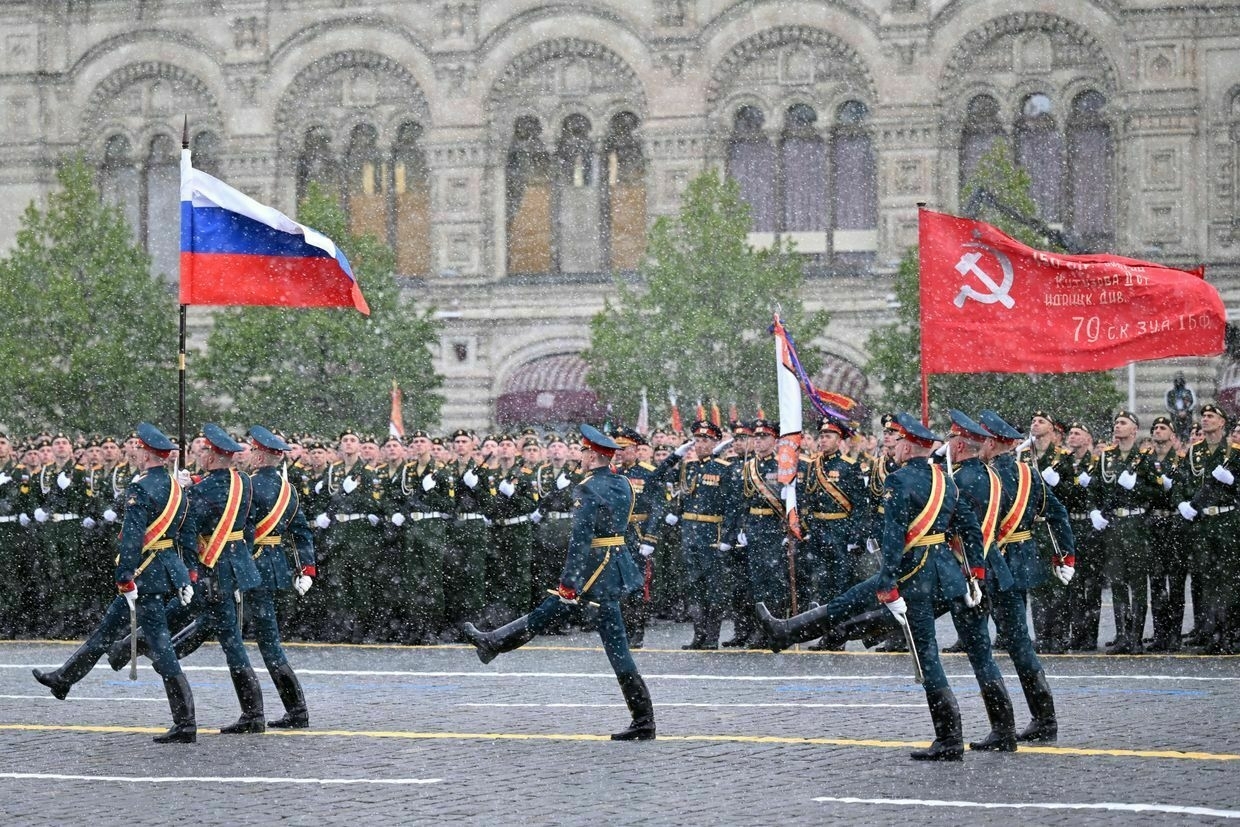
-
Russia becomes India's top naphtha supplier, overtaking UAE, Reuters reports
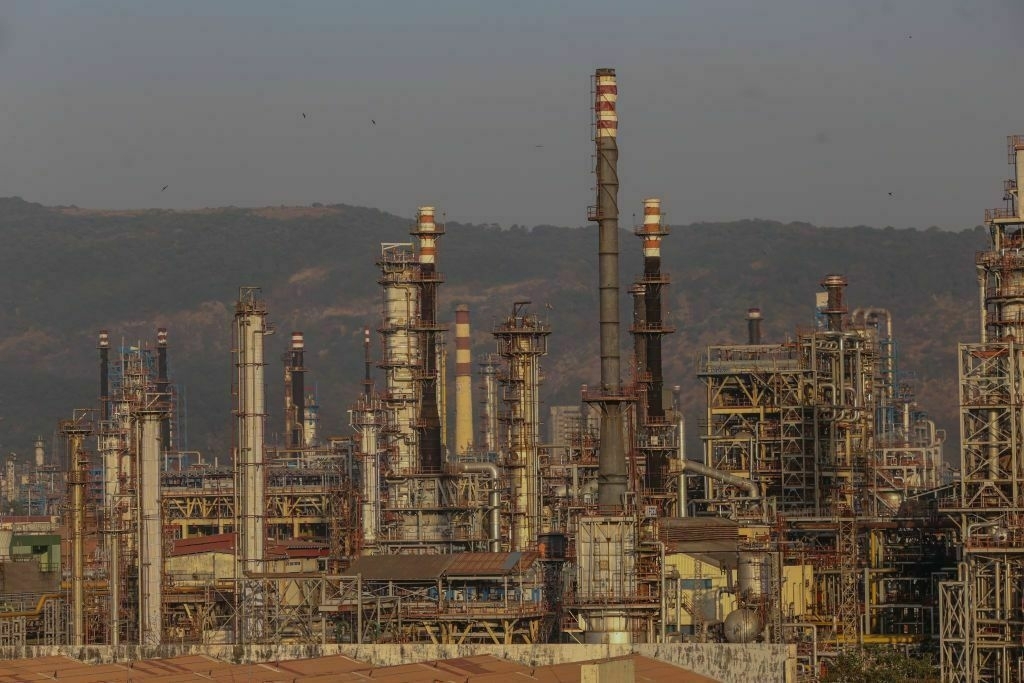
Russia has overtaken the United Arab Emirates as India’s top naphtha supplier in the past year, as Indian refiners capitalize on discounted Russian shipments, Reuters reported on March 20, citing preliminary ship-tracking data.
Russia has redirected fuel exports to Asia following Europe’s ban on Russian oil in response to its 2022 invasion of Ukraine. Oil and gas remain the backbone of Russia’s economy and its main source of export revenue that helps sustain its ongoing military aggression against Ukraine.
According to data from OilX and Kpler cited by Reuters, India imported approximately 3 million tons of naphtha from April 2024 to March 2025, with Russia supplying more than half – up from just 14-16% the previous year.
India, the world’s third-largest importer and consumer of oil, has relied on cheaper Russian oil to lower its import costs.
Two unnamed trade sources told Reuters that Russian oil was priced $14-15 per ton lower than Middle Eastern crude this week.
Ship monitoring data indicates that oil for the Indian refineries of HPCL Mittal Energy Ltd (HMEL) and Reliance Industries was supplied from Russia’s Ust-Luga, Sheskharis, and Novorossiysk ports to the West Indian ports of Mundra, Hazira, and Sikka.
The UAE’s share of India’s naphtha imports – mainly supplied by Abu Dhabi National Oil Co – fell to just over 20%, nearly half of its level in the same period in 2023-2024, data showed.
Ukrainian drones regularly attack Russia’s oil infrastructure to undermine its ability to finance the war against Ukraine. Most recently, on March 19, Ukrainian drones attacked the Kavkaz oil pumping station in Russia’s Krasnodar Krai.
The Trump administration recently tightened sanctions on Russia’s oil and gas industry, letting lapse an exemption that allowed Russian banks to use U.S. payment systems for energy transactions.
At the same time, amid Trump’s attempts to set up a quick ceasefire between Russia and Ukraine, Moscow can get sanctions relief, Ihor Burakovsky, head of the board at the Institute for Economic Research and Policy Consulting, told the Kyiv Independent.
‘Painful for Russia:’ What new U.S. sanctions on Russian energy mean for MoscowThe Trump administration dealt a blow to Russia’s energy sector last week after it let lapse an exemption allowing Russian banks to use U.S. payment systems for energy transactions. The move closed an important financial channel for Russian oil and gas exports and comes as Washington looks for waysThe Kyiv IndependentYana Prots
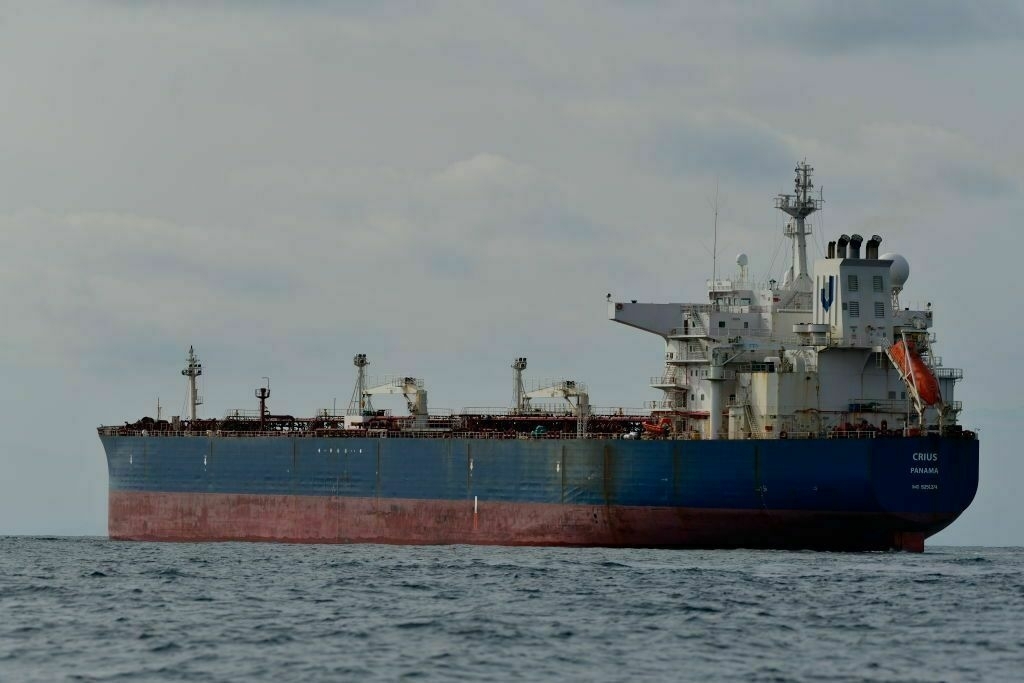
-
Trump didn't mention Russian-occupied Crimea during recent talks, Zelensky says
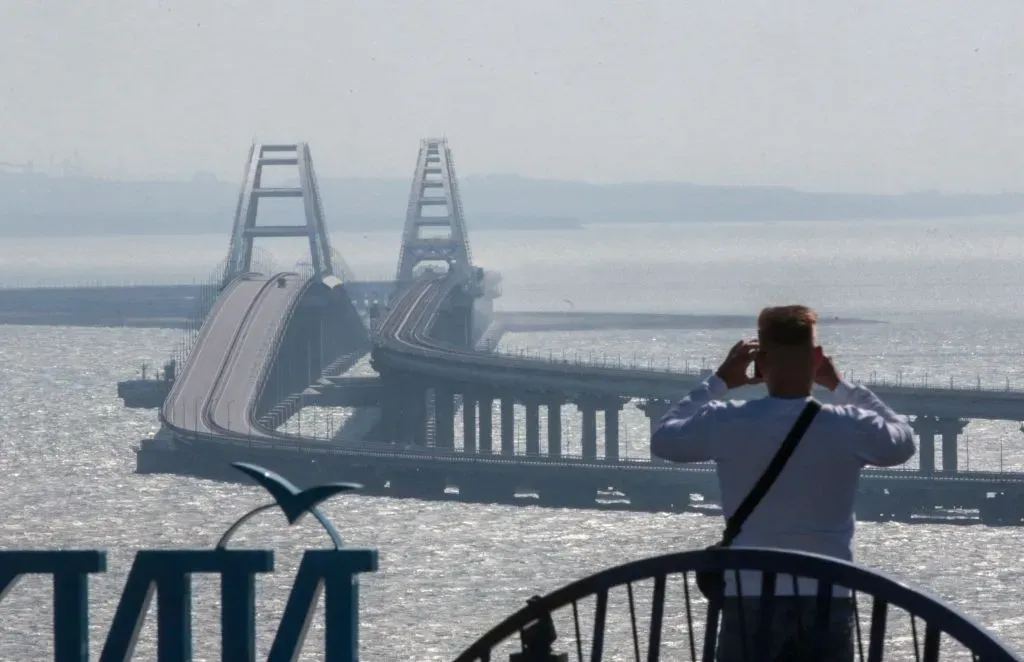
U.S. President Donald Trump did not raise the topic of occupied Crimea and its recognition as part of Russia during recent talks with President Volodymyr Zelensky, Zelensky said on March 20.
His statement comes days after reports that the Trump administration was considering recognizing Crimea as Russian territory as part of a broader deal to end Russia’s full-scale war against Ukraine.
Semafor media outlet wrote on March 17, citing two sources familiar with the discussions, that American officials also explored urging the United Nations to follow suit, aligning U.S. policy with Russian President Vladimir Putin’s long-held stance on the peninsula.
“We (Zelensky and Trump) once talked about Crimea back in September (2024) in New York. He was interested in what it looks like, why Ukrainians love it so much,” Zelensky said during a press conference with Norwegian Prime Minister Jonas Gahr Store.
Ukraine’s Crimean Peninsula has been under Russian occupation since 2014 following a fake referendum staged by Russia to annex the territory.
“I told him (Trump) that this is a unique nature. This is our integral part, this is our Ukrainian peninsula,” Zelensky said.
“Without Ukrainians, Crimea is dying,” Zelensky said, adding that tourism on the peninsula has largely disappeared since 2014.
The White House has insisted that both Russia and Ukraine will have to make compromises in order to end the war, calling Ukraine’s goal of restoring its pre-2014 borders “unrealistic."
U.S. Secretary of State Marco Rubio confirmed that the Ukraine-U.S. talks in Saudi Arabia on March 11 included discussions about potential “territorial concessions” as part of a negotiated settlement with Russia.
Zelensky said on March 12 that Ukraine “will not recognize any occupied territories as Russia’s” as a condition of any peace deal.
Russia’s annexation of CrimeaRussia invaded Ukraine’s Crimean Peninsula in February 2014 amid the deadliest days of the EuroMaidan Revolution that eventually ousted pro-Russian ex-President Viktor Yanukovych. While Yanukovych’s pro-Russian regime was murdering protesters in downtown Kyiv, around 30,000 Russian troops crossed i…The Kyiv IndependentLucy Minicozzi-Wheeland
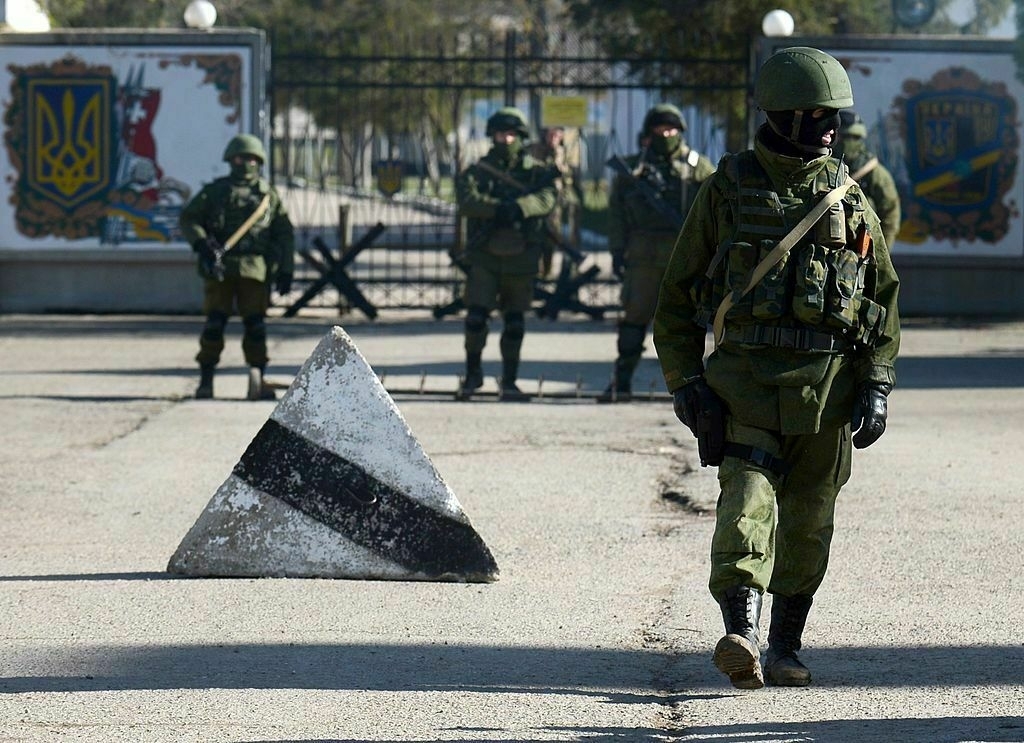
-
Zelenskyy’s Peace Plan EXPLAINED: What’s Next After Trump Call?
-
Ukraine, US to hold talks in Saudi Arabia on March 24
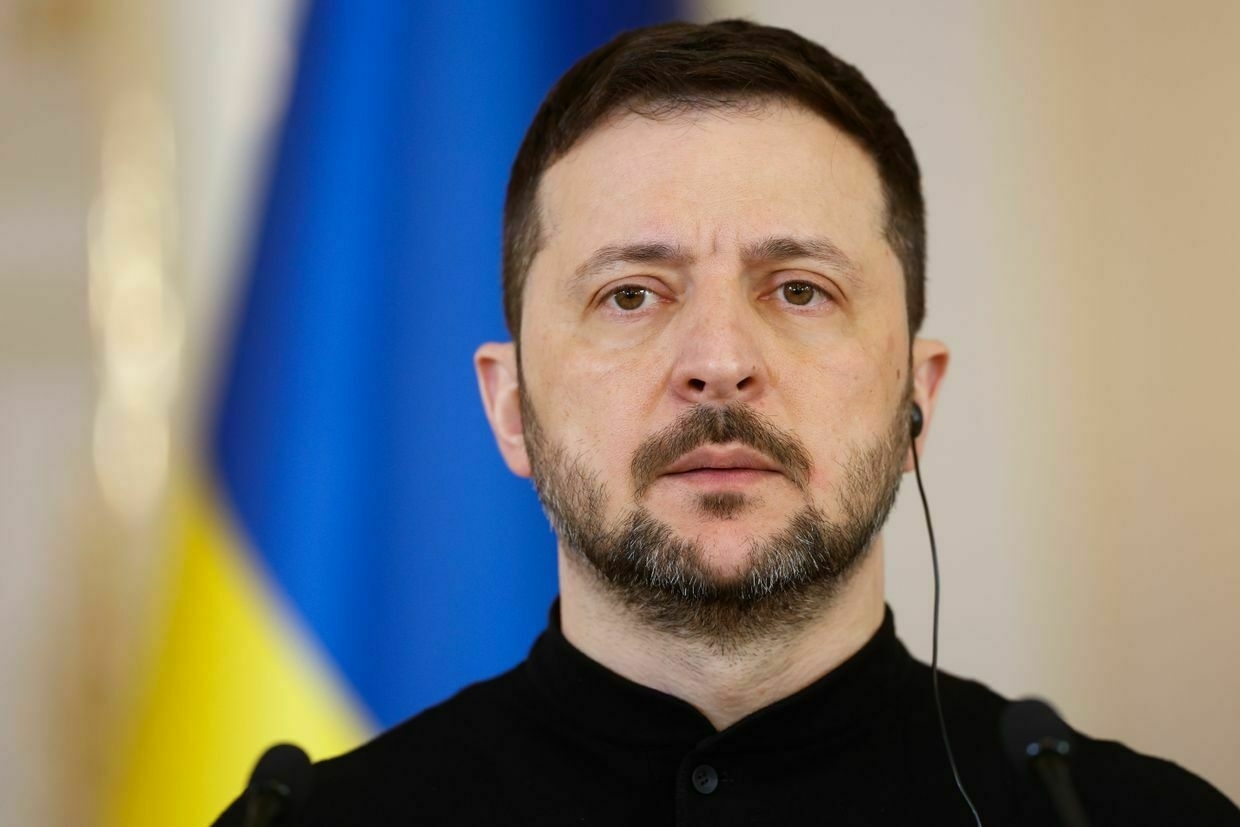
Ukrainian and American delegations are planning to hold a new round of talks in Saudi Arabia on March 24 to discuss steps toward a ceasefire with Russia, President Volodymyr Zelensky said on March 20.
A U.S. delegation is also expected to meet with Russian representatives in Riyadh on the same day, March 24. These will be two separate meetings that will either happen simultaneously or one after another, Zelensky clarified during a press conference with Norwegian Prime Minister Jonas Gahr Store.
According to Zelensky, Kyiv was ready for a U.S.-proposed 30-day ceasefire — in the sky, at sea, and on the ground — but is ready “to take a step back” and talk about a partial ceasefire given Moscow’s rejection of the complete ceasefire.
Following a phone call between U.S. President Donald Trump and Russian President Vladimir Putin on March 18, a partial ceasefire on energy infrastructure strikes was agreed upon. Zelensky and Trump held a subsequent call on March 19 to discuss the U.S. president’s conversation with Putin the day prior, with Zelensky ultimately agreeing to stop strikes on Russian energy infrastructure.
A ceasefire to ensure the security of the energy system of both countries means no attacks on energy infrastructure and civilian infrastructure, according to Zelensky.The Ukrainian leader told Trump that Kyiv would prepare a list of civilian infrastructure facilities that should be part of the agreement.
“I don’t want there to be a different understanding of what the parties will agree on,” he said.
Despite the announcement — made after a call between Putin and Trump on March 18 — Russian missile and drone attacks against Ukraine have continued.
As of March 20, at least five civilians have been killed and 26 others injured since Putin agreed to a partial ceasefire, Ukrainian authorities reported.
Putin’s ‘ceasefire’ — Is Russia still bombing Ukraine? YesThe Kremlin on March 18 announced it had agreed to a U.S.-proposed partial ceasefire against certain targets in Ukraine, claiming Russian President Vladimir Putin had “responded favorably to the proposal and immediately” ordered his armed forces to halt attacks. Despite the announcement — made afte…The Kyiv IndependentChris York
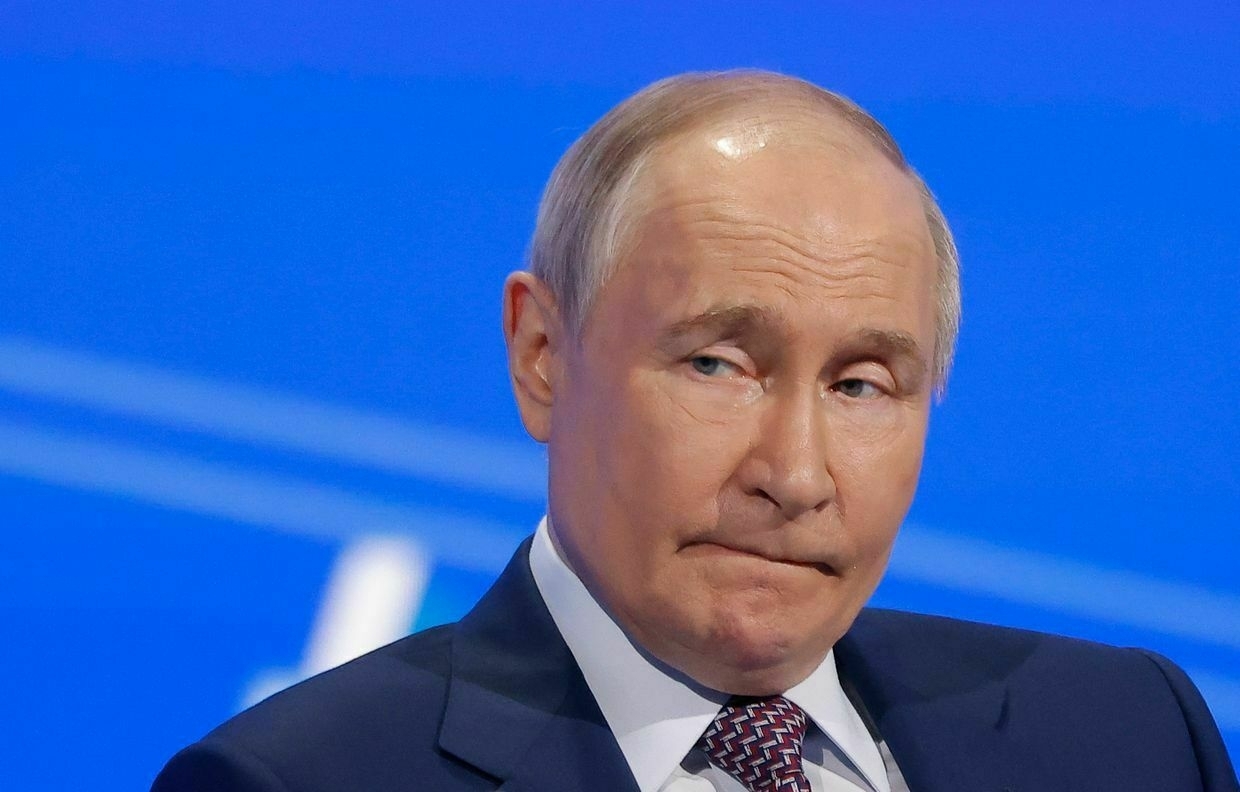
-
Russia, US to hold talks on Ukraine in Saudi Arabia on March 24, Putin's aide says
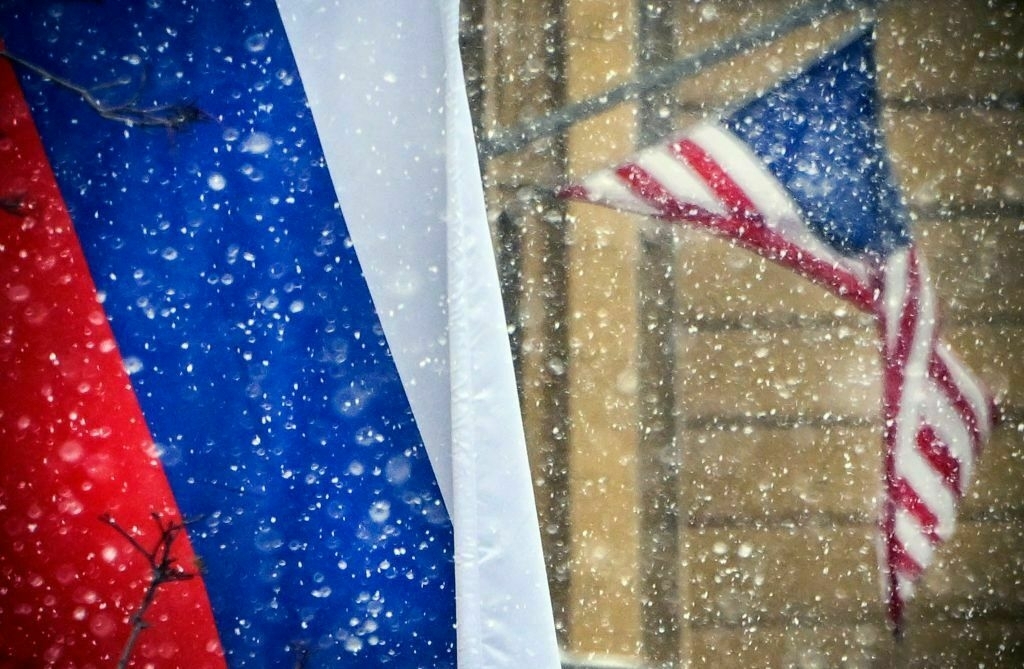
Russia and the United States will hold consultations in Riyadh, Saudi Arabia, on March 24 to discuss the war in Ukraine, according to Russian presidential aide for international affairs Yuri Ushakov, as reported by state-owned news agency TASS on March 20.
Ushakov said he had spoken with U.S. President Donald Trump’s national security adviser, Mike Waltz, regarding “the implementation of a well-known initiative concerning the safety of navigation in the Black Sea."
A similar arrangement previously existed under the Black Sea Grain Initiative, a deal brokered by the U.N. and Turkey in 2022. The initiative allowed Ukraine to export agricultural products via the Black Sea despite Russia’s full-scale invasion, helping stabilize global food prices.
Moscow withdrew from the agreement in July 2023, effectively collapsing the deal.
Since then, Russian forces have repeatedly targeted Ukrainian port infrastructure and civilian vessels. A Russian ballistic missile struck the Odesa port on March 1, damaging port facilities and a Panamanian-flagged civilian ship.
Multiple foreign ships have been damaged in Russian attacks on the port, including in October 2024, when several vessels sustained damage in separate strikes.
The upcoming consultations in Riyadh will include Russian officials Grigory Karasin, chairman of the Federation Council Committee on International Affairs, and Sergei Beseda, an adviser to the director of Russia’s Federal Security Service (FSB).
Beseda previously led the FSB’s 5th Service, which was responsible for gathering intelligence on Ukraine before the full-scale invasion.
The upcoming Riyadh talks come after U.S.-Russia negotiations in Saudi Arabia on Feb. 18 and in Istanbul on Feb. 27. U.S. and Ukrainian delegations held separate discussions in Jeddah on March 11, where the Ukrainian side proposed a ceasefire in the sky and at sea but eventually agreed to a full 30-day truce pushed by Washington.
Putin rejected a full ceasefire in a phone call with U.S. President Donald Trump but agreed to a temporary mutual pause on strikes against energy infrastructure.
Western intel contradicts Trump’s, Putin’s claims on Ukraine’s encirclement in Kursk Oblast, Reuters reportsAccording to sources who spoke with Reuters, U.S. intelligence agencies, including the CIA, briefed the White House, saying that while Ukrainian troops are facing intense pressure from Russian forces, they are not encircled.The Kyiv IndependentTim Zadorozhnyy
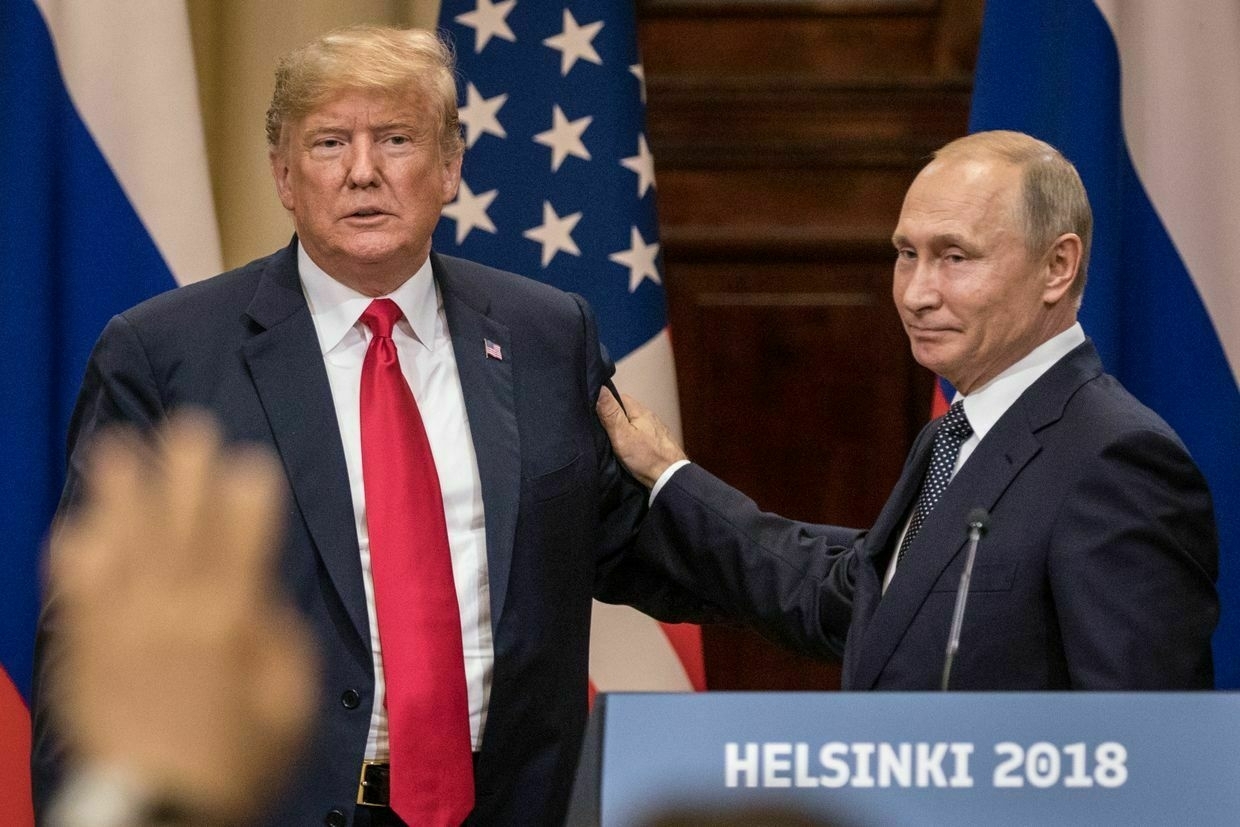
-
Hungary wants Ukraine as 'buffer zone' between Russia, Europe
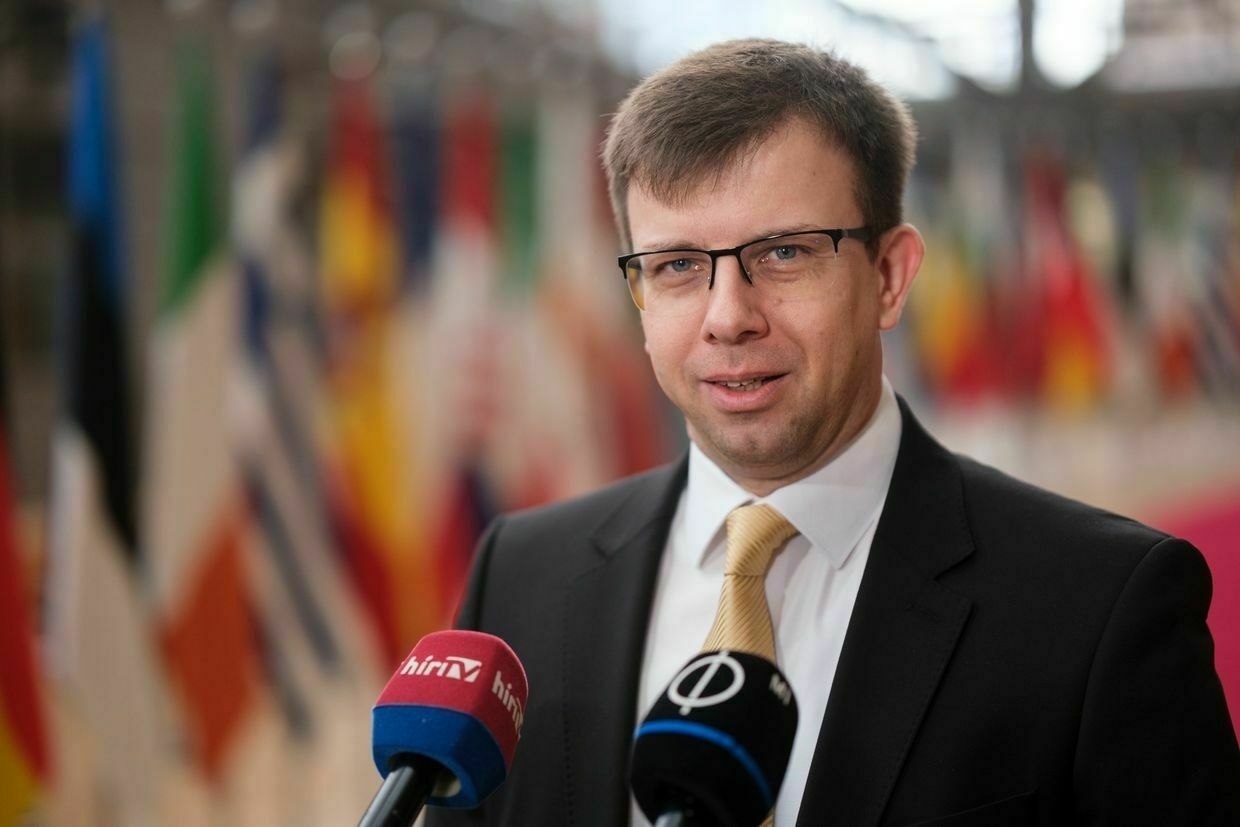
Budapest does not support Ukraine’s integration into the European defense structures, seeing the country instead as a buffer zone between Europe and Russia, Hungary’s European Affairs Minister Janos Boka told the Financial Times in an interview published on March 20.
“We do not see the security of Europe in the integration of Ukraine into defense systems, but we see the need for a buffer zone between Russia and European defense structures, which serves the interests of both Russia and Europe,” Boka told the news outlet.
Hungary, seen as the most Russian-friendly member of the EU, has consistently obstructed sanctions against Moscow and military aid for Kyiv while opposing Ukraine’s accession to the bloc.
Boka said that Ukraine’s potential role as a “buffer zone” depends on a “consensus among global actors,” adding that if “either the U.S. or the EU does something in Ukraine without (Russian President Vladimir) Putin’s approval, this in itself is a source of conflict."
The comments come as EU leaders gather for a European Council summit to discuss further support for Ukraine and increased defense spending. European leaders have also urged a faster pathway for Ukraine’s accession, with some suggesting the year 2030 as a possible entry date.
Hungarian Prime Minister Viktor Orban claimed that Ukraine’s accession would “destroy” his homeland. Hungary plans to hold a non-binding opinion survey on support for Ukrainian membership later this year.
While obstructing EU support for Kyiv for years, Orban has been further emboldened by Donald Trump’s U.S. election victory, using it as an argument against continued backing for Ukraine.
Trump, whose team has maintained close contact with Budapest, has pushed for a swift peace deal while temporarily halting military and intelligence support for Ukraine.
‘Putin is stalling’ — Trump ‘ceasefire’ call met with skepticism in KyivU.S. President Donald Trump said it was a “great call.” A Kremlin aide declared the world had “become a much safer place.” But in Kyiv, the reaction to the call between Trump and Russian President Vladimir Putin on March 18 has been noticeably more muted. “Judging by the news,The Kyiv IndependentChris York
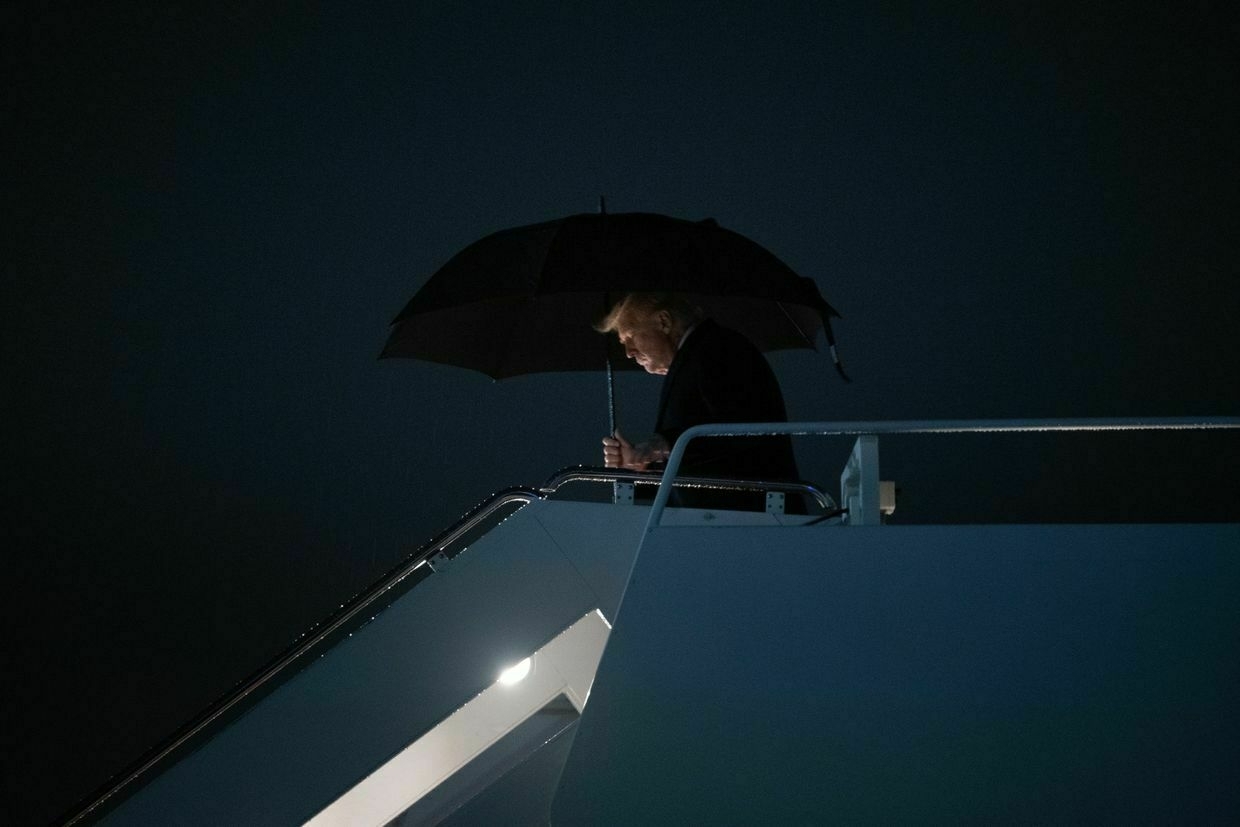
-
Western intel contradicts Trump's, Putin's claims on Ukraine's encirclement in Kursk Oblast, Reuters reports
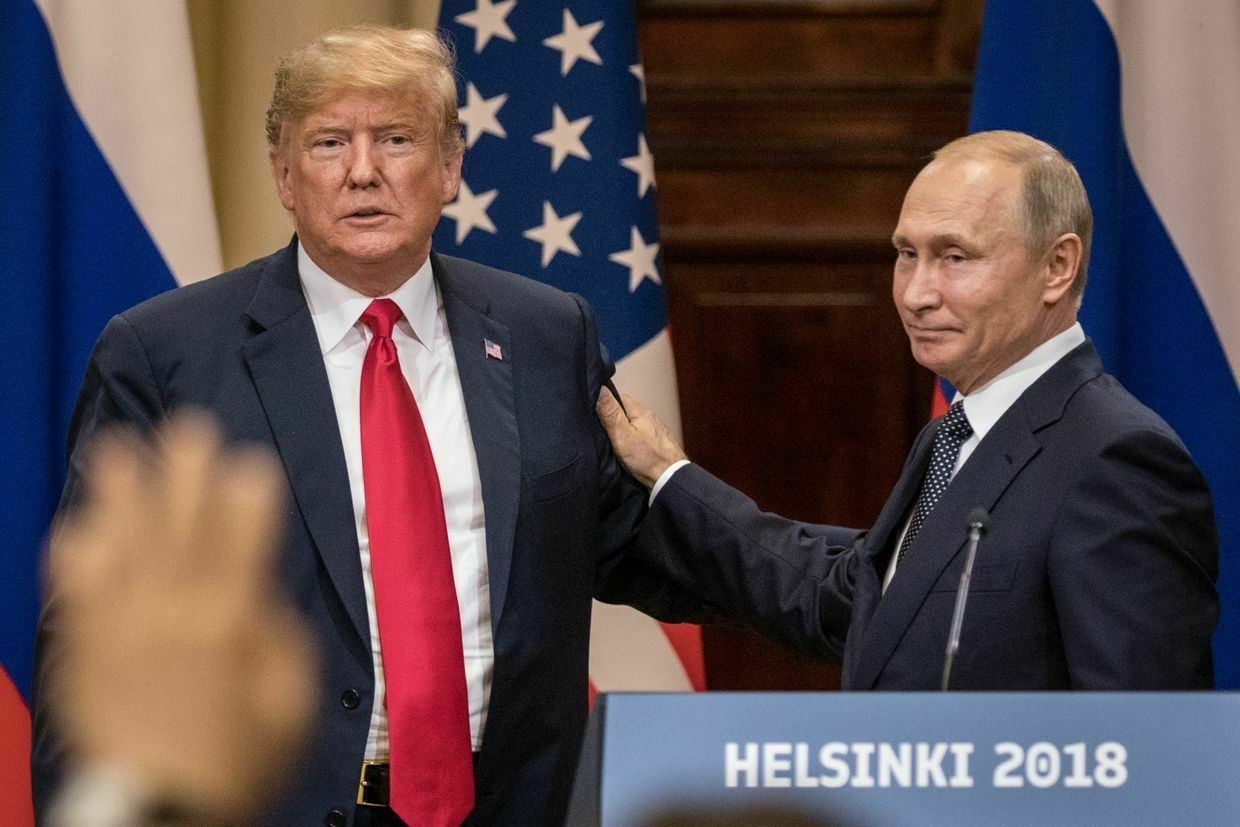
U.S. and European intelligence data contradict claims made by U.S. President Donald Trump and Russian President Vladimir Putin regarding the alleged encirclement of Ukrainian troops in Russia’s Kursk Oblast, Reuters reported on March 20, citing undisclosed sources.
Trump has repeatedly claimed that Ukrainian soldiers have been “surrounded” in Kursk Oblast, an embattled Russian border region where Moscow’s forces recently launched a counterattack against a Ukrainian salient.
Ukraine has denied that its troops are surrounded, though it has acknowledged a retreat from the town of Sudzha amid rapid Russian advances.
According to sources who spoke with Reuters, U.S. intelligence agencies, including the CIA, briefed the White House that while Ukrainian troops are facing intense pressure from Russian forces, they are not encircled.
Despite these assessments, Trump has continued to claim otherwise.
Ukraine launched its cross-border incursion into Kursk Oblast in August 2024, initially seizing around 1,300 square kilometers (500 square miles) of Russian territory.
Russia’s Engels airbase ablaze after Ukrainian drone strike, Kyiv saysThe Russian cities of Saratov and Engels were targeted in the heaviest drone attack against Saratov Oblast throughout the entire full-scale war overnight on March 20, Governor Roman Busargin claimed, reporting a fire at a local airfield.The Kyiv IndependentMartin Fornusek
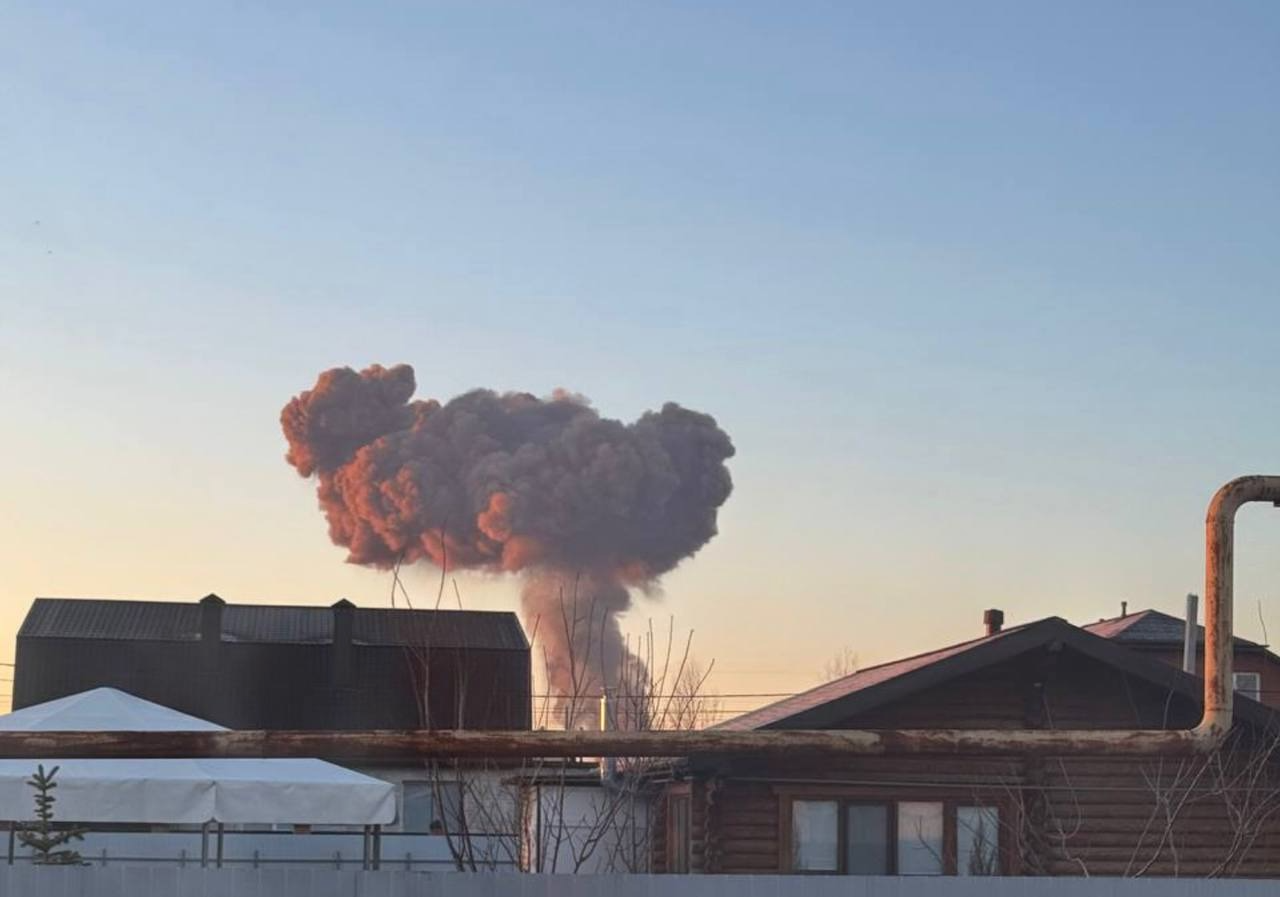
Russian forces, reinforced by North Korean troops, counterattacked earlier this month, regaining significant ground. The Russian advances coincided with the U.S. pausing intelligence and military support for Ukraine, which was later resumed on March 11.
Trump made his comments about the alleged encirclement ahead of a planned call with Putin on March 18, in which the two leaders discussed a possible peace deal for Ukraine.
The call was intended to secure Russia’s agreement to the U.S.-proposed 30-day ceasefire, which Ukraine had already accepted on the condition that Moscow also complied.
On March 13, Putin initially signaled readiness to agree to a ceasefire but followed up with a list of demands, including a halt to foreign military aid and intelligence sharing with Ukraine.
During the call with Trump, Putin once again declined to commit to a full ceasefire but did agree to a limited 30-day halt on energy infrastructure strikes.
Former U.S. National Security Advisor John Bolton criticized Trump’s approach to the war in an interview with the Kyiv Independent, arguing that instead of considering geopolitical or moral factors, Trump is framing U.S. policy toward Russia through the lens of his personal relationship with Putin.
Russia hasn’t received requests from foreign companies seeking to return, Medvedev says“No one has officially applied yet. So, they are informally probing the ground,” Dmitry Medvedev, deputy chairman of Russia’s Security Council, claimed.The Kyiv IndependentTim Zadorozhnyy
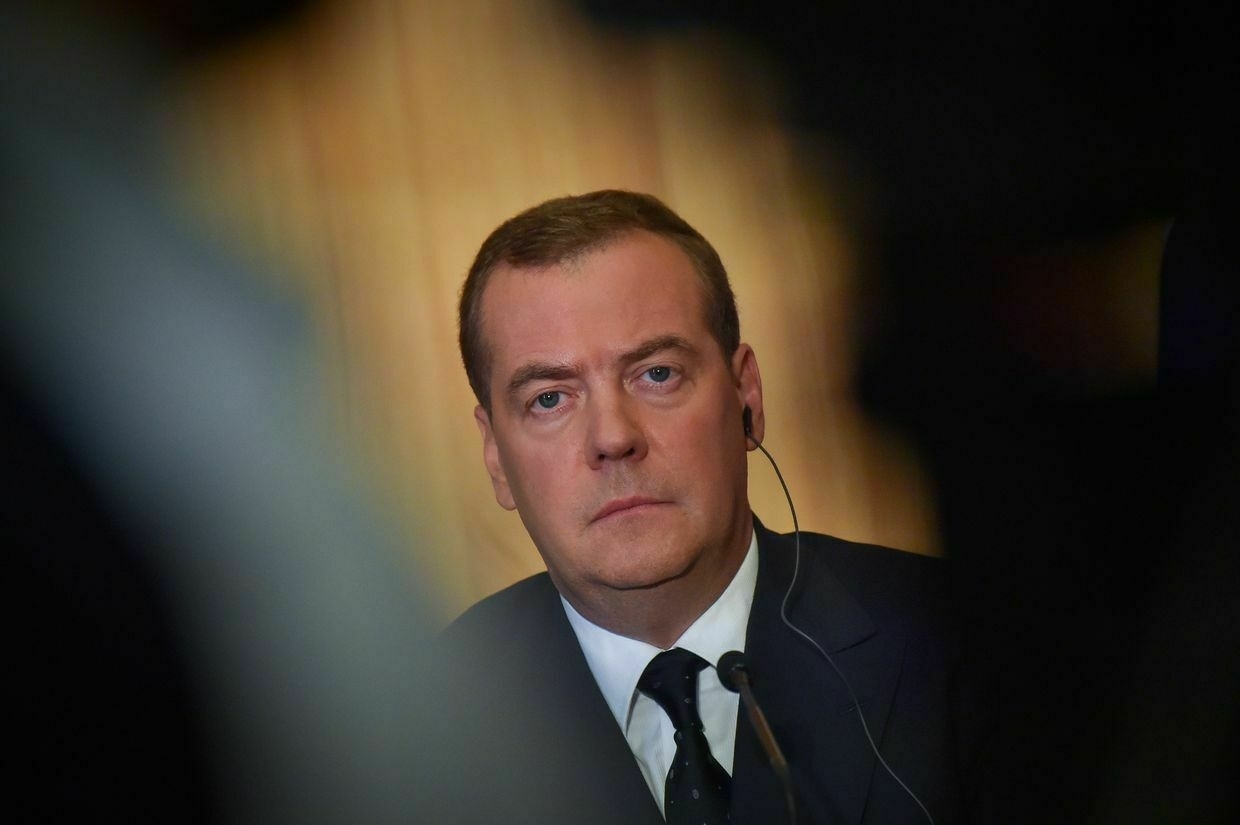
-
Russia hasn't received requests from foreign companies seeking to return, Medvedev says
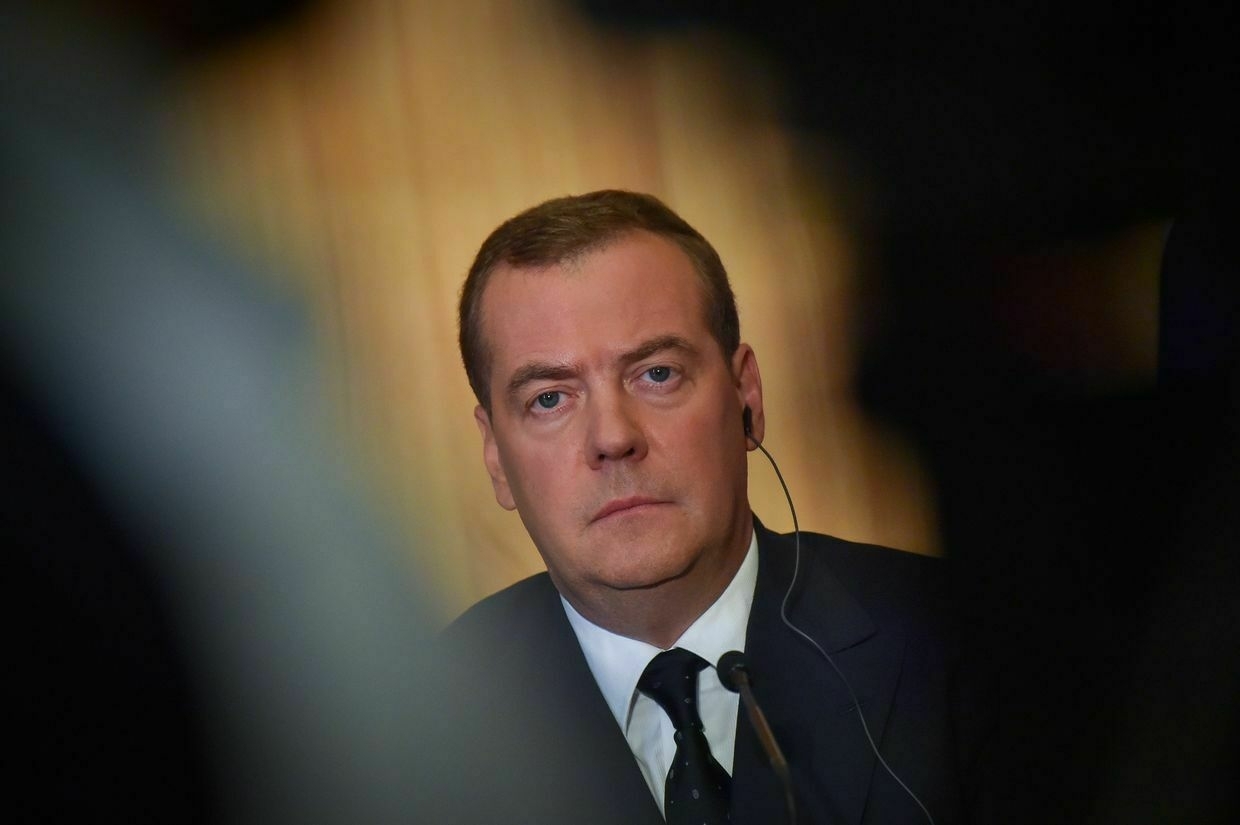
Moscow has not received official requests from foreign companies seeking to return to Russia after exiting due to the Russia-Ukraine war and sanctions, Dmitry Medvedev, the deputy chairman of Russia’s Security Council and former president, told state-owned news agency TASS on March 20.
“No one has officially applied yet. So, they are informally probing the ground,” Medvedev claimed.
His statement follows Russian President Vladimir Putin’s directive to the Cabinet of Ministers to prepare for the return of Western companies, emphasizing that Russian firms should have “certain advantages” over those re-entering the market.
The decision comes as relations between Russia and the U.S. show signs of rapprochement.
The Kremlin said on March 18 that U.S. President Donald Trump and Putin are developing “mutually beneficial cooperation” in several areas as part of efforts to normalize relations between the two countries.
Since Russia launched its full-scale invasion of Ukraine in 2022, hundreds of Western companies have withdrawn from the Russian market, unwilling to contribute to the country’s economy or war effort.
According to the Kyiv School of Economics Institute, 472 foreign firms have fully exited, while another 1,360 have scaled down their operations.
Medvedev insisted that Russia did not force foreign companies out, claiming they left “under pressure from their governments” and “out of fear.”
The former president warned that any firms looking to return should expect “a separate conversation” and that those who stay out permanently are of no concern to Moscow.
Shoigu claims Ukraine’s Constitution ‘obstacle’ to peace efforts, cites ban on territorial changesRussia sees Ukraine’s Constitution as an “obstacle” to peace efforts as it does not permit territorial changes, Russian Security Council Secretary Sergei Shoigu said on March 19, according to state-owned TASS news agency.The Kyiv IndependentMartin Fornusek
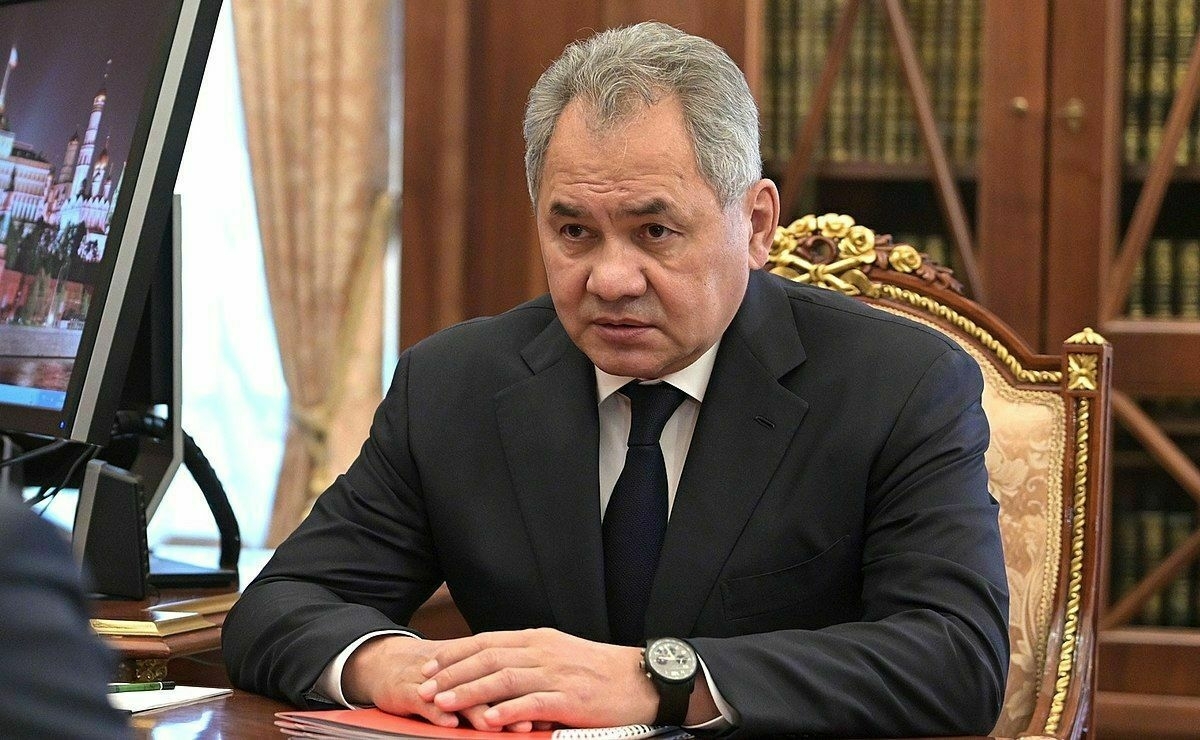
Despite intensified diplomatic contacts between Washington and Moscow over the war in Ukraine, no major Western companies have publicly indicated plans to return to Russia.
The Kremlin has made it difficult for departing businesses by requiring government approval, imposing a mandatory 50% discount on asset sales, and enforcing a 10% “exit tax.”
Russian authorities have also seized assets from subsidiaries of foreign companies that continued operating in the country.
These restrictions are widely viewed as retaliation for Western sanctions, including the freezing of approximately $300 billion in Russian central bank assets.
While some companies have found ways to continue limited operations in Russia through intermediaries or licensing agreements, large-scale reentry remains unlikely under current geopolitical conditions.
Russia’s Engels airbase ablaze after Ukrainian drone strike, Kyiv saysThe Russian cities of Saratov and Engels were targeted in the heaviest drone attack against Saratov Oblast throughout the entire full-scale war overnight on March 20, Governor Roman Busargin claimed, reporting a fire at a local airfield.The Kyiv IndependentMartin Fornusek
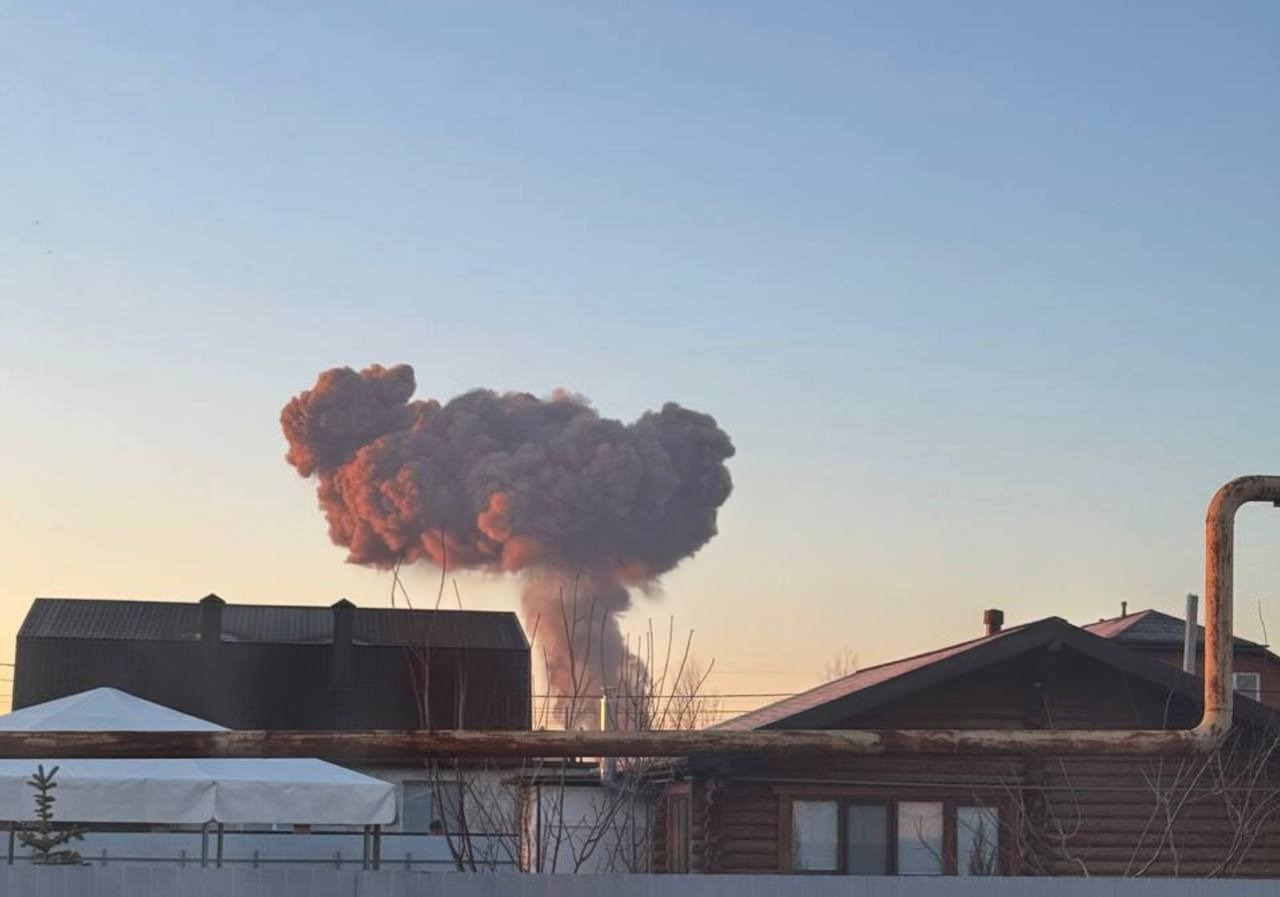
-
Zelensky arrives in Norway for talks with Norwegian PM
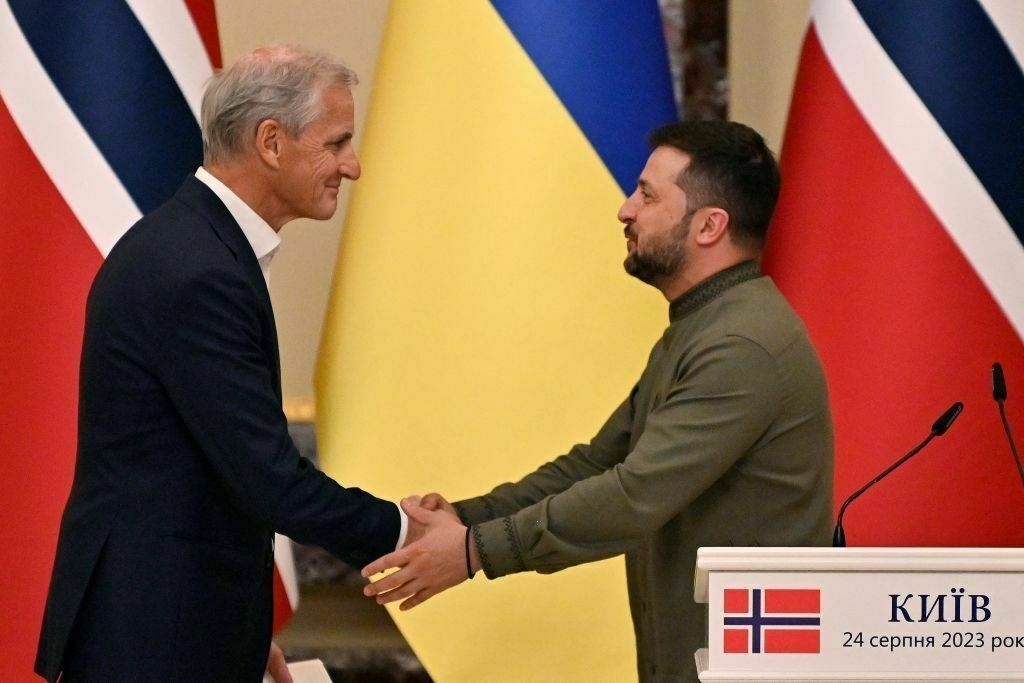
President Volodymyr Zelensky arrived in Oslo on March 20 to hold talks with Norwegian Prime Minister Jonas Gahr Stoere, the Norwegian government said.
“I look forward to constructive discussions on how Norway can best provide assistance to Ukraine in both the short term and the long term,” Stoere said in a statement.
The visit comes ahead of Zelensky’s scheduled online address to the European summit later the same day. Also on March 20, the U.K. is hosting military leaders from over 20 countries to discuss a peacekeeping mission in Ukraine within the so-called “coalition of the willing."
“Norway supports Ukraine in its fight to defend itself and is contributing to the effort to achieve a lasting, just peace in the country,” Norway’s prime minister noted.
Stoere and Zelensky will hold a series of meetings on March 20. Norwegian Finance Minister Jens Stoltenberg, Foreign Minister Espen Barth Eide, and Defense Minister Tore Sandvik are also scheduled to meet members of Zelensky’s delegation during the visit.
Norway has supported Ukraine since the outbreak of the full-scale invasion in 2022. Earlier this month, Norwegian parliamentary leaders agreed to increase aid for Ukraine by 50 billion Norwegian krone ($4.6 billion) to a total of 85 billion Norwegian krone ($7.8 billion) in 2025.
‘Putin is stalling’ — Trump ‘ceasefire’ call met with skepticism in KyivU.S. President Donald Trump said it was a “great call.” A Kremlin aide declared the world had “become a much safer place.” But in Kyiv, the reaction to the call between Trump and Russian President Vladimir Putin on March 18 has been noticeably more muted. “Judging by the news,The Kyiv IndependentChris York
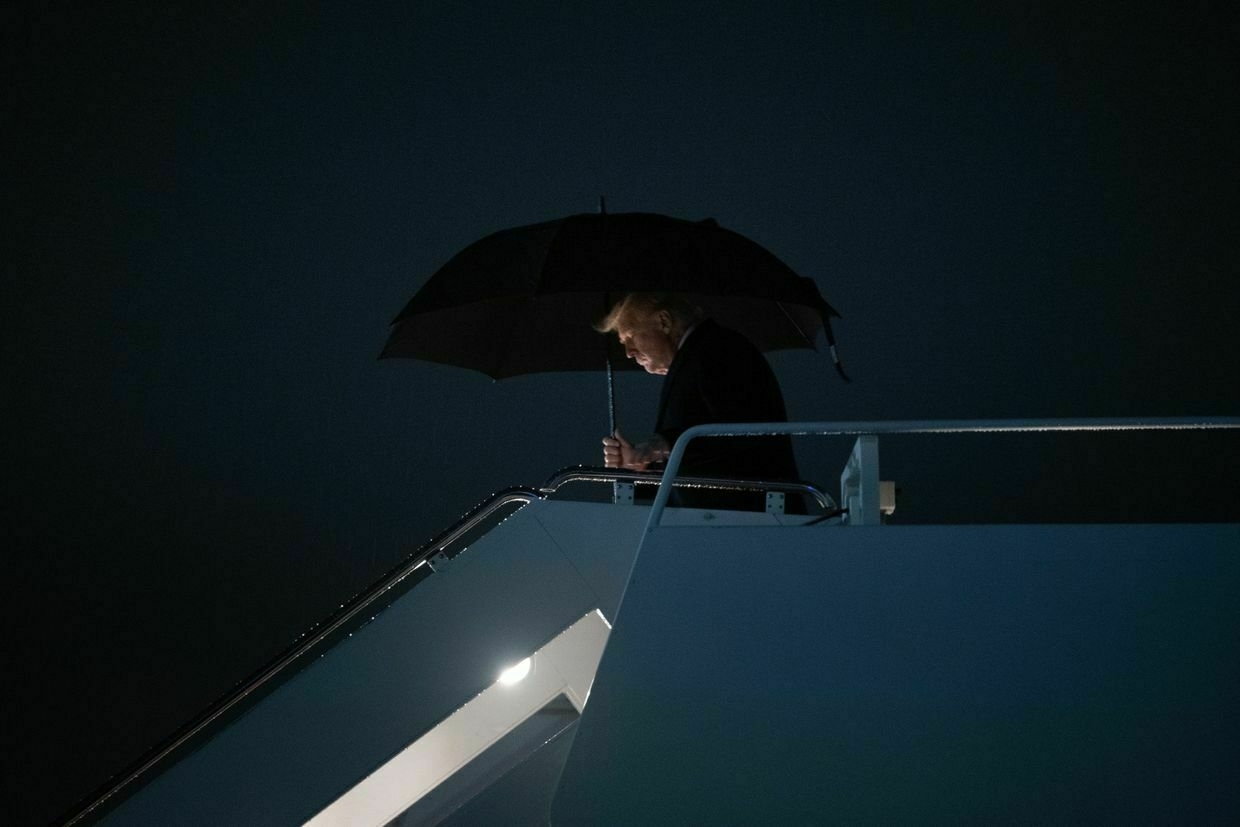
-
Shoigu claims Ukraine's Constitution 'obstacle' to peace efforts, cites ban on territorial changes
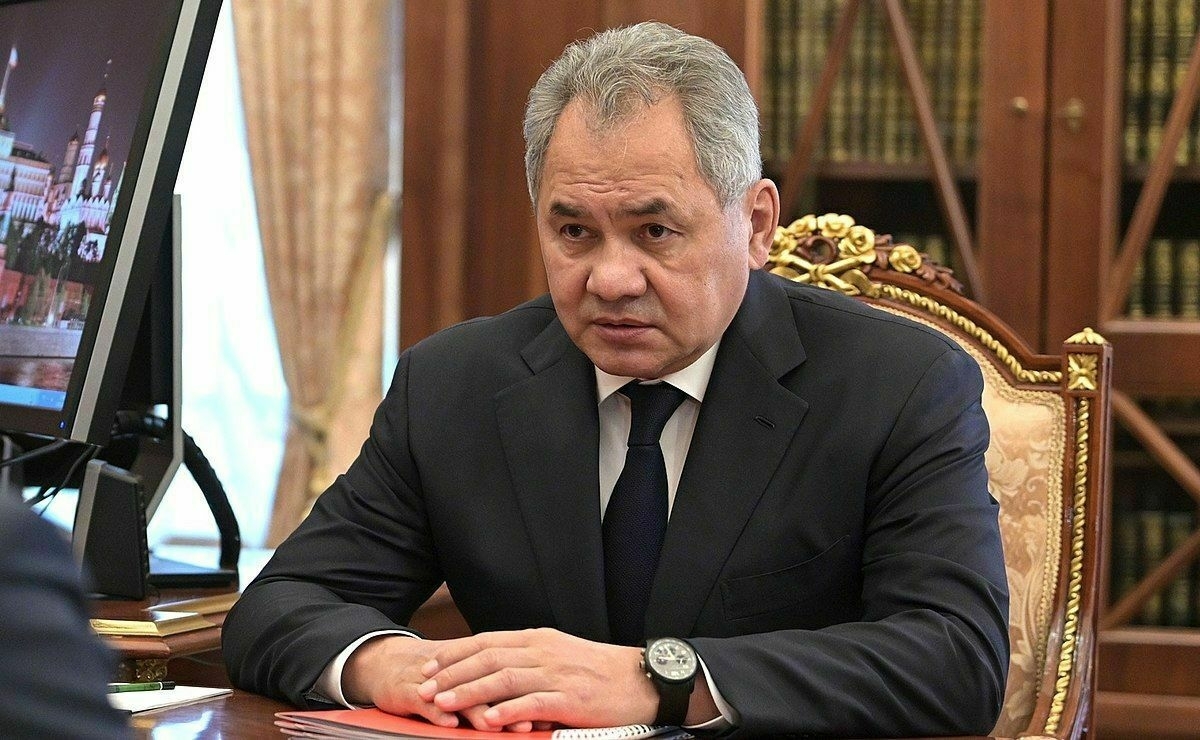
Russia sees Ukraine’s Constitution as an “obstacle” to peace efforts as it does not permit territorial changes, Russian Security Council Secretary Sergei Shoigu said on March 19, according to state-owned TASS news agency.
“On Ukraine’s part, the main obstacle is the Constitution. Their Constitution prohibits any negotiations regarding changes in territory,” Shoigu told journalists.
The comments underscore Moscow’s efforts to legitimize its occupation of one-fifth of Ukraine’s territory as part of a potential peace deal pushed forward by U.S. President Donald Trump.
Russia occupied and illegally annexed Crimea at the start of its aggression against Ukraine in 2014. After the outbreak of the full-scale invasion in 2022, Moscow also illegally declared annexation of partially occupied Donetsk, Luhansk, Zaporizhzhia, and Kherson oblasts.
President Volodymyr Zelensky has rejected recognizing Russian occupation of Ukrainian territories in any peace talks, calling it a “red line” that Kyiv will not cross. Ukraine’s Constitution states that the “territory of Ukraine within its present border is indivisible and inviolable."
The Semafor outlet reported earlier this week that the Trump administration is considering recognizing Crimea as part of a peace deal. Washington has not confirmed this claim.
Shoigu also named the “legitimacy of power” as another supposed obstacle to peace talks, alluding to the Kremlin’s long-standing narrative about Zelensky’s illegitimacy, which Trump has also echoed.
Russia claims that Zelensky is no longer a legitimate head of state since Ukraine suspended elections that were to be held in 2024. The Ukrainian Constitution prohibits elections during martial law, which was declared at the start of the full-scale invasion in 2022. Zelensky said that the next vote would be held after a peace deal is concluded and martial law is lifted.
Russian-occupied Zaporizhzhia Nuclear Plant in focus of Ukraine peace talks. What’s at stake?The White House on March 19 proposed Ukraine pass its nuclear facilities to the U.S. as part of the ongoing ceasefire talks. “The United States could be very helpful in running those plants with its electricity and utility expertise. American ownership of those plants would be the best protectionThe Kyiv IndependentKateryna Denisova
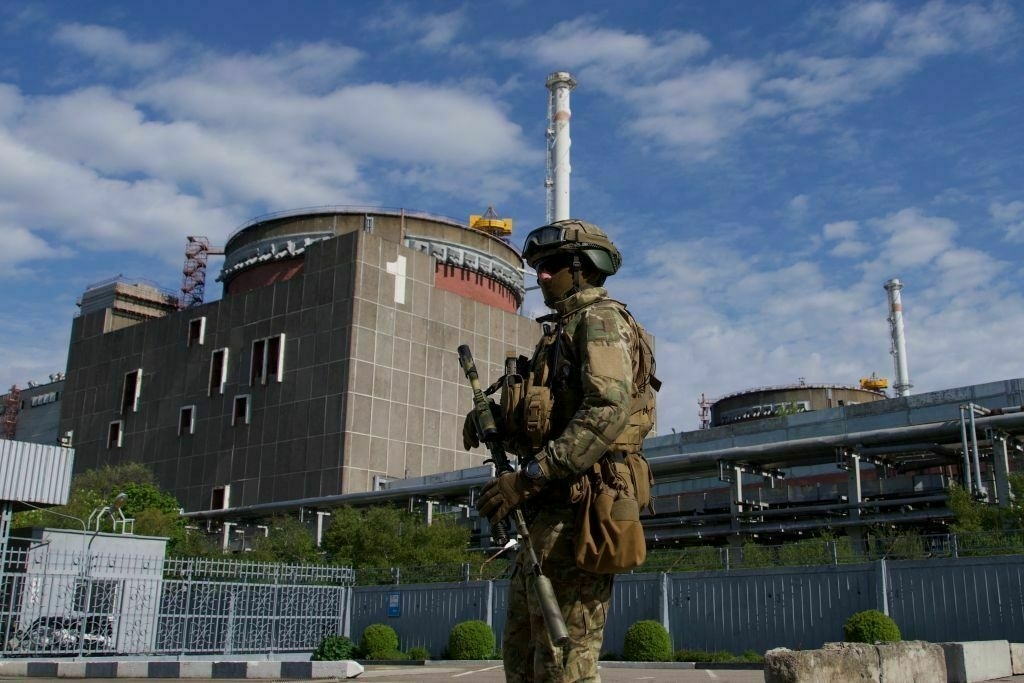
-
Extending NATO's Article 5 to Ukraine would test Russia’s peace intentions, Meloni says
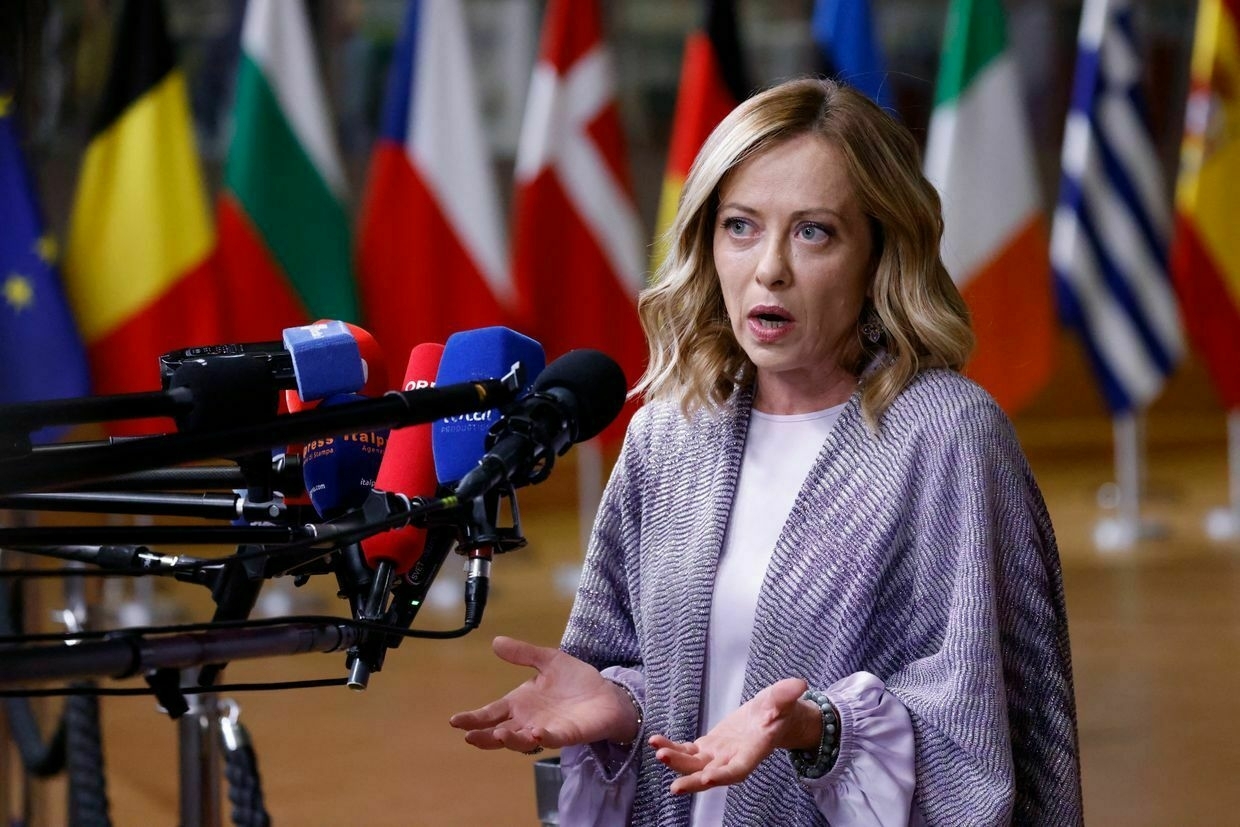
Italian Prime Minister Giorgia Meloni reiterated calls for extending NATO’s Article 5 security guarantees to Ukraine, arguing that doing so would demonstrate whether Russia is serious about peace, she said in a speech to the Italian Chamber of Deputies on March 19.
Article 5, the cornerstone of NATO’s collective defense, says that an attack on one member is considered an attack on all. It has only been invoked once, after the 9/11 terrorist attacks in New York.
“Extending NATO’s Article 5 to Ukraine seems to be the simplest and most effective proposal of all, also because it would help call a possible bluff,” Meloni said.
“If Russia does not plan to invade its neighbors again, it is not clear why it should not accept security guarantees that are only defensive."
Meloni first suggested on March 6 that NATO could extend Article 5 protection to Ukraine without granting Kyiv full membership in the alliance.
The Italian prime minister has positioned herself as a potential bridge between European leaders and the Trump administration, which has called Ukraine’s NATO aspirations unrealistic.
Russian-occupied Zaporizhzhia Nuclear Plant in focus of Ukraine peace talks. What’s at stake?The White House on March 19 proposed Ukraine pass its nuclear facilities to the U.S. as part of the ongoing ceasefire talks. “The United States could be very helpful in running those plants with its electricity and utility expertise. American ownership of those plants would be the best protectionThe Kyiv IndependentKateryna Denisova
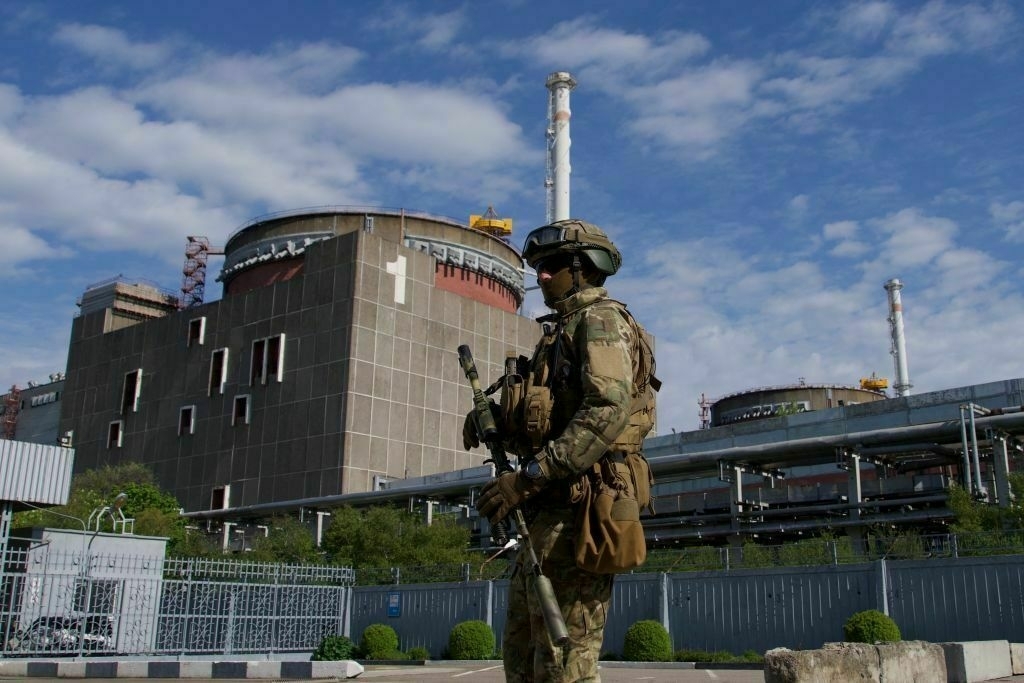
Washington has instead backed the idea of European-led peacekeeping forces monitoring a potential ceasefire but has not offered concrete security guarantees to Ukraine.
Despite growing European support for bolstering Ukraine’s security, Italy has ruled out sending peacekeepers to eastern Ukraine to enforce a potential ceasefire.
“We should not slavishly follow the proposals put forward by others simply because we have to decide what our position is. Our role is to participate with our own proposals,” Meloni said, adding that her Article 5 proposal should be “on the negotiating table."
Over 30 countries have expressed willingness to contribute to a peacekeeping force in Ukraine, with the U.K. and France leading the initiative, according to British Prime Minister Keir Starmer’s office. Canada and Australia have also signaled openness to participating.
NATO allies reaffirmed Ukraine’s “irreversible” path toward membership in July 2024 but have not extended a formal invitation despite repeated calls from Kyiv.
U.S. President Donald Trump said on Feb. 24 that Russian President Vladimir Putin would allow European peacekeepers in Ukraine as part of a deal, though Russian Foreign Minister Sergey Lavrov publicly rejected the idea.
US, Ukrainian delegations to meet in Saudi Arabia in ‘coming days,’ Zelensky saysUkrainian and U.S. officials are expected to meet in Saudi Arabia in the coming days for continued peace talks, President Volodymyr Zelensky said in a post to social media on March 19.The Kyiv IndependentVolodymyr Ivanyshyn
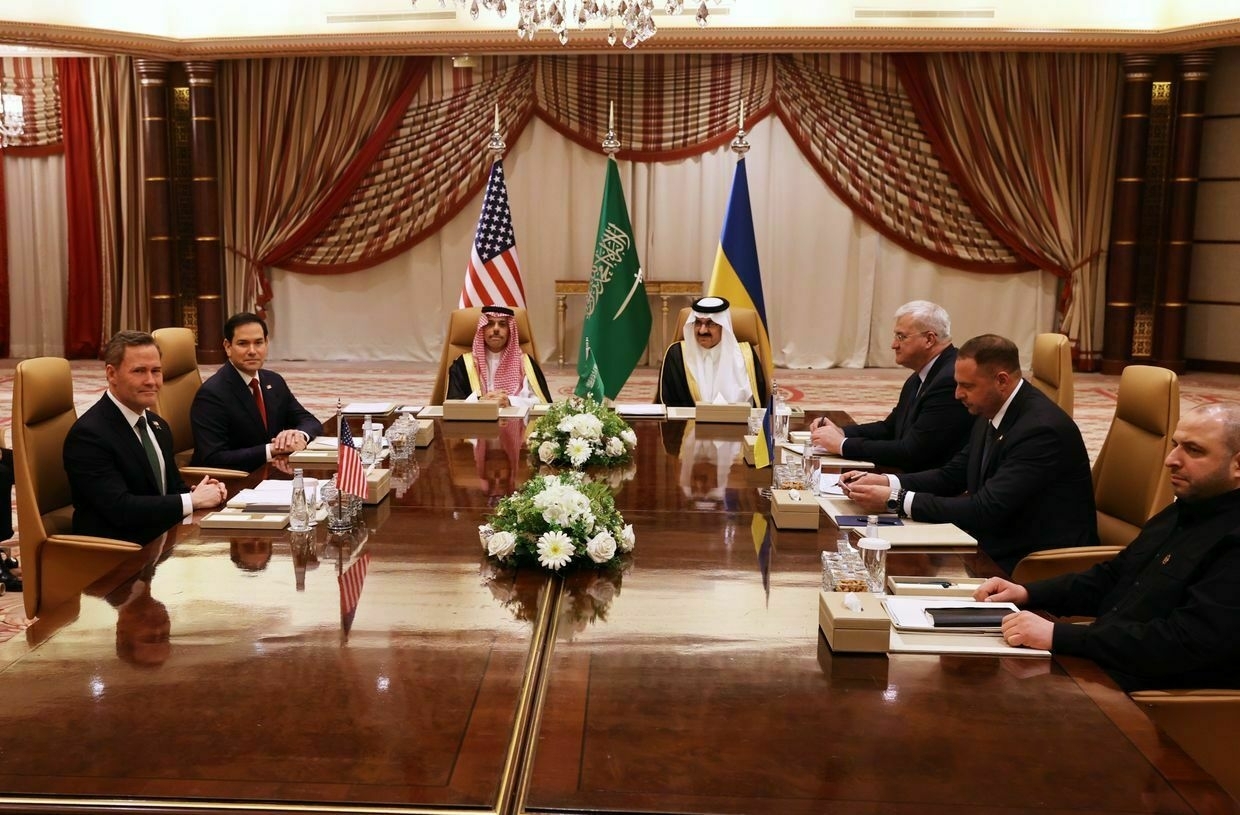
-
'Berlin Wall is not an option' — Zelensky warns against dividing Ukrainian cities by contact line
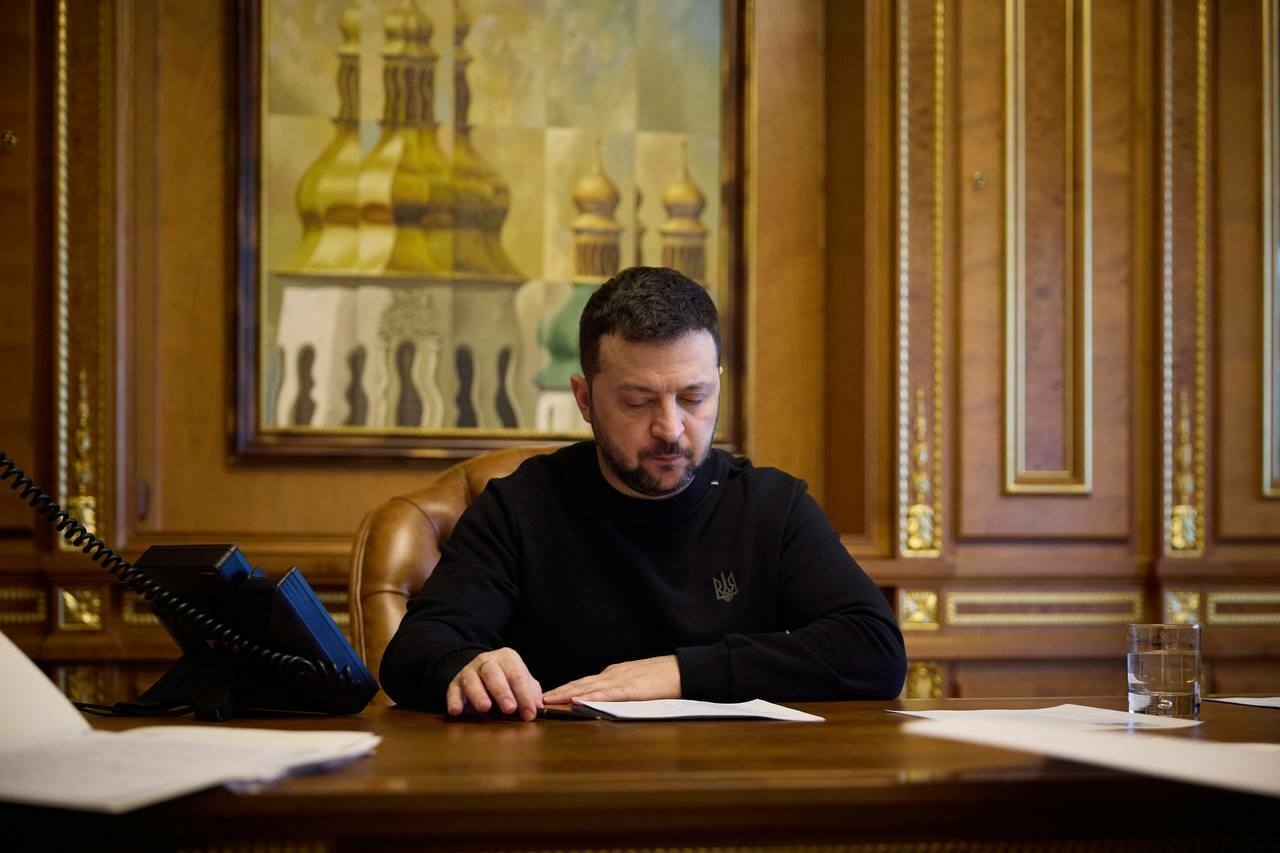
Ukrainian towns and cities divided by a demarcation line in the event of a ceasefire would be left empty and desolate, President Volodymyr Zelensky said in a briefing with journalists on March 20.
Zelensky said he discussed the issue with U.S. President Donald Trump on March 19 and warned him against leaving Ukrainian settlements split by the contact line.
“There are regions, there are cities and towns that are cut off by a contact line, and if in some places you leave this line in place, you will simply leave these cities or towns without life; no one will return to half of the city,” Zelensky said, comparing such cities to divided Berlin during the Cold War.
“I told President Trump honestly: Do we want Berlin?… I think we both understood that this was not an option. The Berlin Wall is not an option."
Zelensky’s comments come amid Trump’s push to broker a ceasefire and, subsequently, a broader peace deal in Ukraine. The Ukrainian president acknowledged that the “issue of territories will be the most difficult."
Russia continues to occupy roughly 20% of Ukrainian territory, including Crimea and large parts of the Donetsk, Luhansk, Zaporizhzhia, and Kherson oblasts. Reports of systematic repression, torture, and forced deportations have been emerging from occupied territories.
Zelensky has repeatedly stressed that Ukraine would never recognize the occupied territories as Russian soil. At the same time, the Ukrainian leadership has acknowledged that some territories, such as Crimea, are unlikely to be liberated by military means in the near future.
The Semafor outlet reported earlier this week that the Trump administration is considering recognizing Crimea as part of a peace deal. Washington has not confirmed this claim.
Russian-occupied Zaporizhzhia Nuclear Plant in focus of Ukraine peace talks. What’s at stake?The White House on March 19 proposed Ukraine pass its nuclear facilities to the U.S. as part of the ongoing ceasefire talks. “The United States could be very helpful in running those plants with its electricity and utility expertise. American ownership of those plants would be the best protectionThe Kyiv IndependentKateryna Denisova
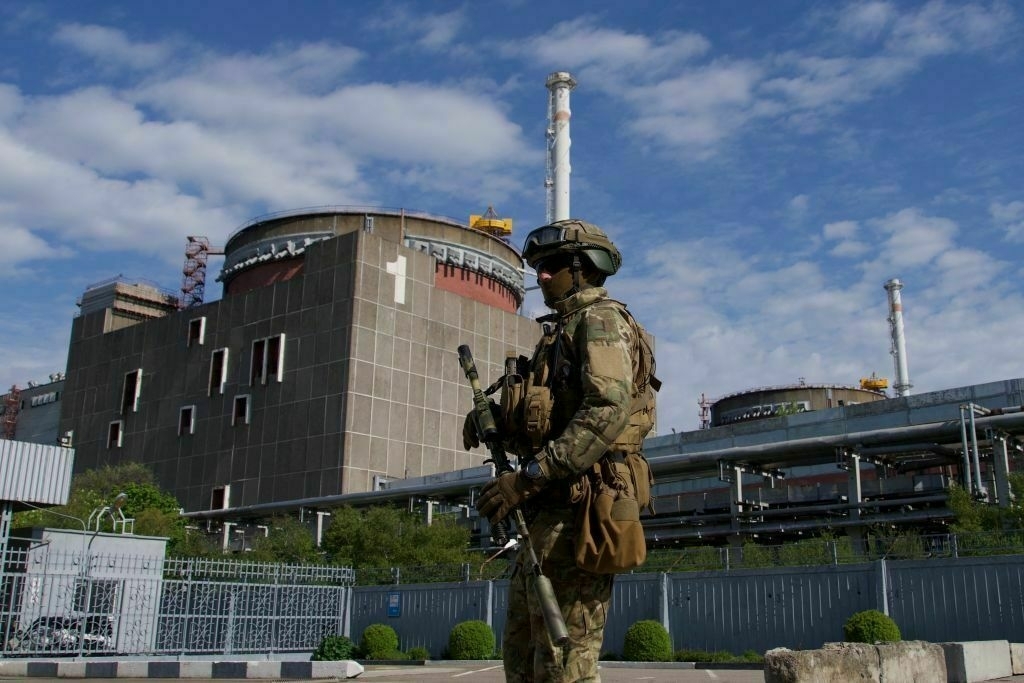
-
Zelensky says he and Trump discussed US help in restoring Zaporizhzhia nuclear plant
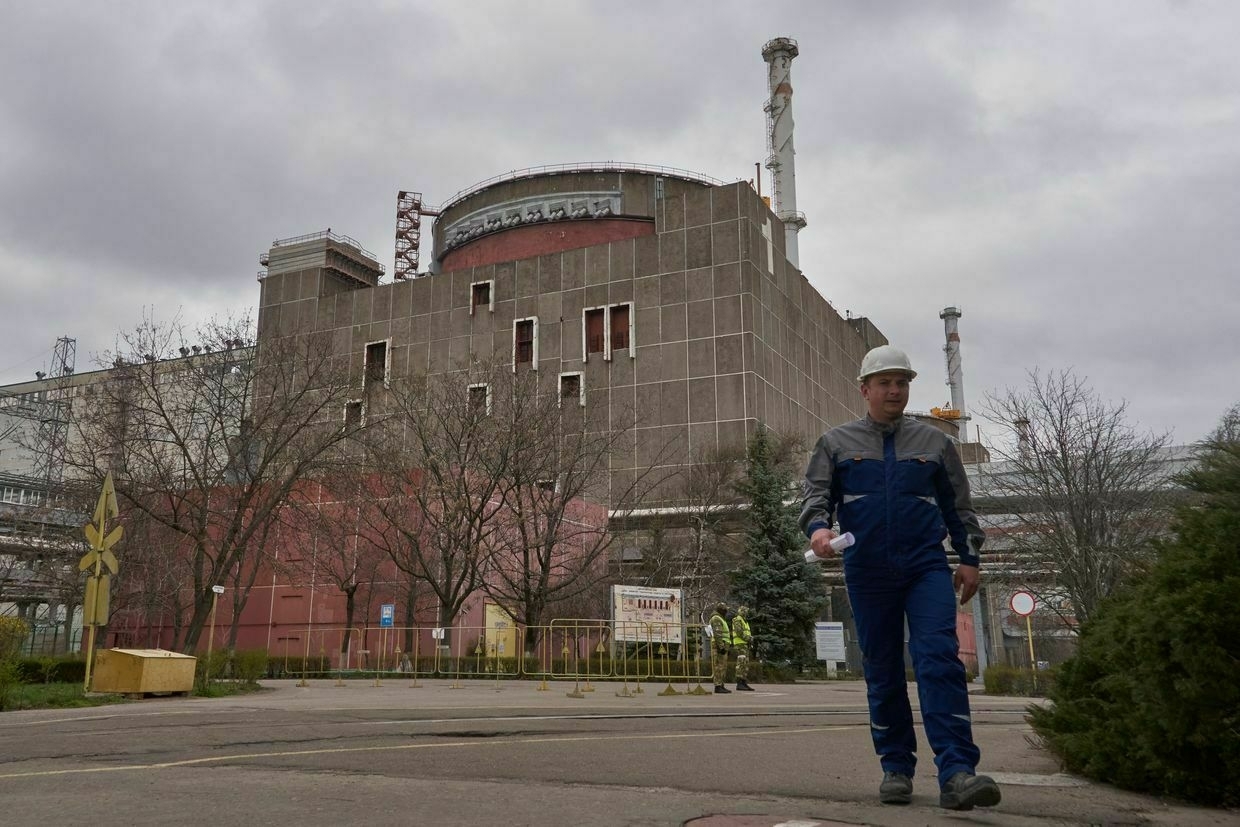
President Volodymyr Zelensky said on March 19 that he had discussed with U.S. President Donald Trump the possibility of U.S. assistance in restoring the Zaporizhzhia Nuclear Power Plant, the largest nuclear facility in Europe, currently under Russian occupation.
“Water supply, technical staff, and many more steps to ensure that in a year and a half to two and a half, the plant starts to bring money and electricity to people. This is my vision,” Zelensky said during a Zoom briefing for journalists.
The Zaporizhzhia plant’s location, the city of Enerhodar in Zaporizhzhia Oblast on the east bank of the Dnipro River, remains under Russian occupation, and Ukraine has no access to the surrounding territory.
During the phone call, Trump suggested to Zelensky that the U.S. could be “very helpful in running the plants with its electricity and utility expertise” and that “American ownership of those plants would be the best protection,” the White House said, without naming specific facilities.
During the March 19 briefing, Zelensky noted that Trump, during their phone call, had asked whether the U.S. could play a role in rebuilding the facility.
“Yes, if we can modernize it, invest money. This can be discussed, but we talked about only one station,” Zelensky said.
Zelensky confirmed on March 14 that the fate of the Zaporizhzhia plant and adjacent Russian-occupied territories had been discussed with the U.S. during bilateral talks in Saudi Arabia a week earlier.
While the station remains under Russian control, it does not generate electricity. The facility has been repeatedly disconnected from Ukraine’s power grid due to Russian attacks on the country’s energy infrastructure. Moscow has ignored calls to relinquish control of the facility.
Experts told the Kyiv Independent that regaining control over the plant is challenging for Ukraine and that maintaining a military presence there without liberating the surrounding areas remains unlikely.
Ukraine and its allies have consistently urged Russia to withdraw its troops from the plant, warning of nuclear safety risks posed by its militarization.
Russian forces continue to occupy about 20% of Ukraine, with reports of systematic repression, torture, and forced deportations emerging from occupied territories.
Russian airbase in Saratov Oblast reportedly on fire after heaviest drone attack on regionThe Russian cities of Saratov and Engels were targeted in the heaviest drone attack against Saratov Oblast throughout the entire full-scale war overnight on March 20, Governor Roman Busargin claimed, reporting a fire at a local airfield.The Kyiv IndependentMartin Fornusek
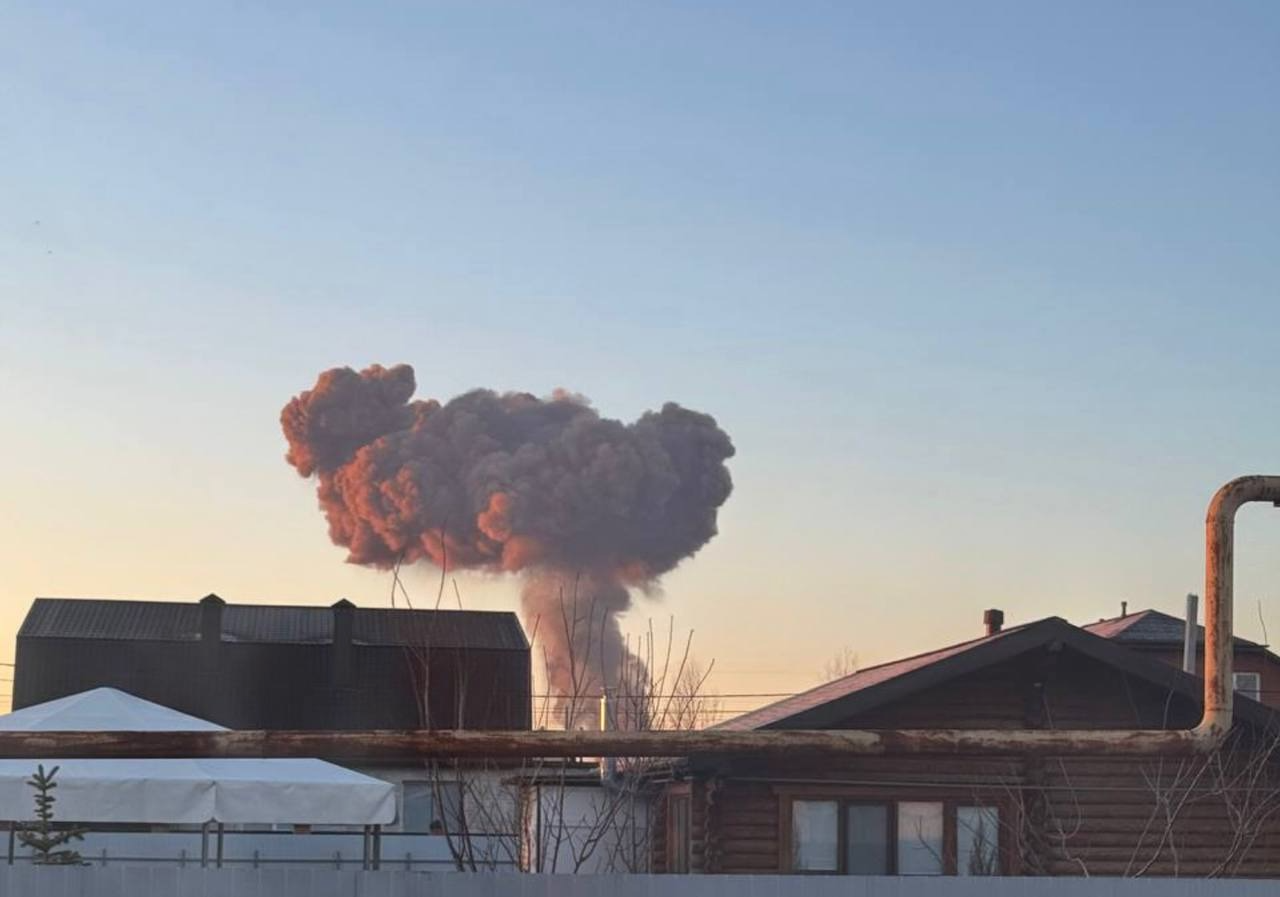
-
Finland to lead international bomb shelter coalition for Ukraine

Finnish President Alexander Stubb and President Volodymyr Zelensky finalized a “civil protection coalition” on March 19, Zelensky told reporters during a press briefing.
Finland will seek out more international partners to partake in the coalition and assist Ukraine in building shelters in the face of regular Russian aerial attacks. Ministers from Finland and Ukraine signed the agreement on March 19.
Details of the coalition will be outlined in the coming days. No additional information was provided as to how much funding would go into establishing additional air raid shelters.
The announcement comes after Zelensky arrived on a state visit to Finland on March 18 with First Lady Olena Zelenska.
“Our nations understand the realities of being neighbors with Russia. Finland has a long-standing tradition of effective civil protection measures, and today we discussed how to expand this expertise,” Zelensky said.
Zelensky noted Finland’s leadership in guiding the coalition is “extremely important” amid uncertainty in Russia’s commitment to a partial ceasefire on civilian and energy infrastructure.
Finland previously announced that it would provide 660 million euros ($691 million) in military aid for Ukraine on Feb. 26.
“Finland will continue to provide strong assistance. We stand with Ukraine and will remain by its side for as long as necessary,” Stubb said.
Finland alongside other Nordic and Baltic nations urged the EU earlier in the day to provide concrete steps to accelerate Ukraine’s accession to the bloc.
Trump agrees to help Ukraine find available Patriot air defense systems in Europe, White House saysPresident Volodymyr Zelensky asked U.S. President Donald Trump for additional air defense systems to protect Ukrainian civilians, in particular, Patriot missile systems. The U.S. president agreed to find what was available, particularly in Europe, according to a readout of a call between the two lea…The Kyiv IndependentKateryna Hodunova
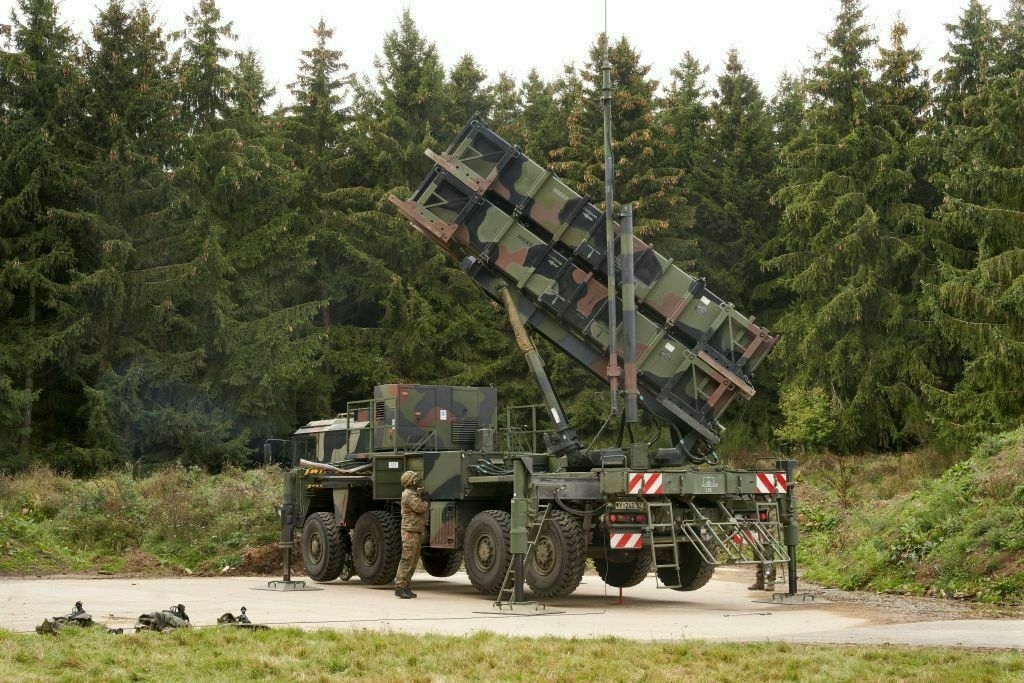
-
US, Ukrainian delegations to meet in Saudi Arabia in 'coming days,' Zelensky says
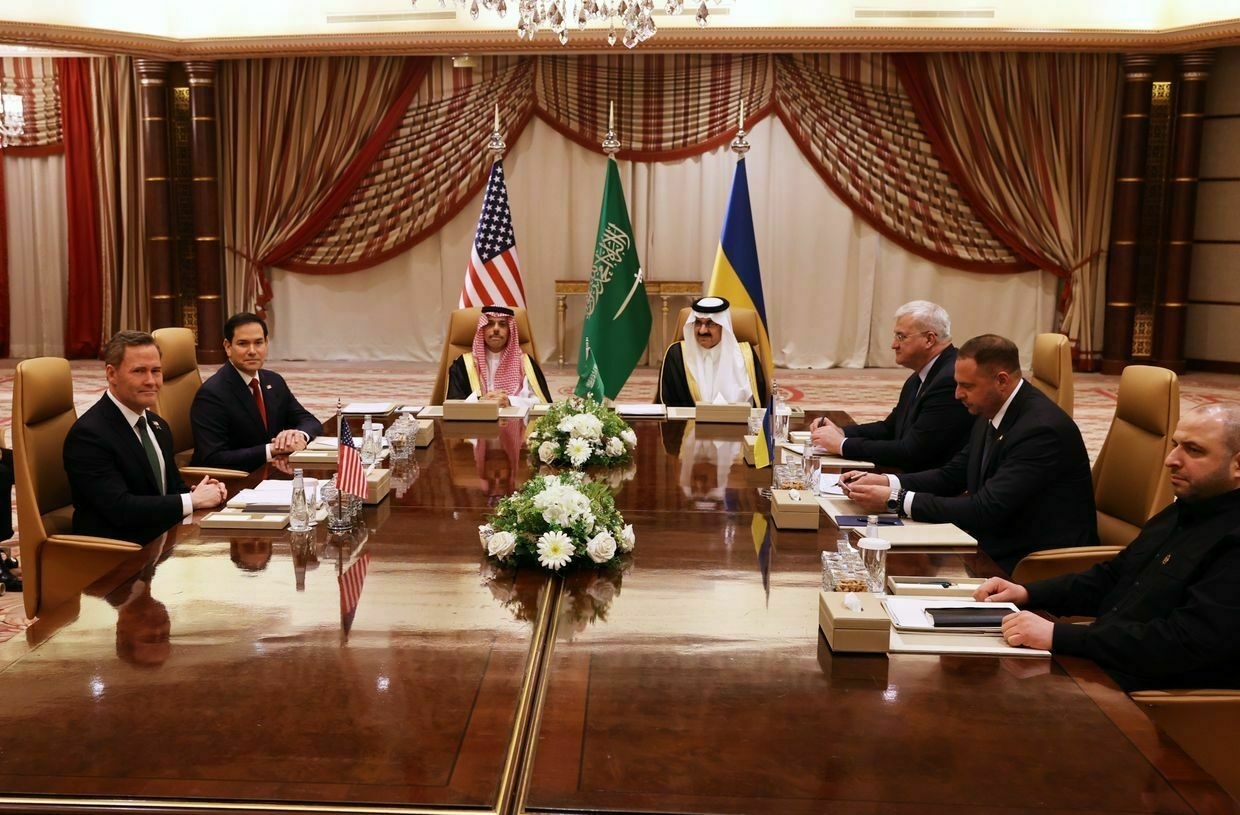
Ukrainian and U.S. officials are expected to meet in Saudi Arabia in the coming days for continued peace talks, President Volodymyr Zelensky said in a post to social media on March 19.
Following a phone call between U.S. President Donald Trump and Russian President Vladimir Putin on March 18, a partial ceasefire on energy infrastructure strikes was agreed upon. Zelensky and Trump held a subsequent call on March 19 to discuss the U.S. president’s conversation with Putin the day prior, with Zelensky ultimately agreeing to stop strikes on Russian energy infrastructure.
Zelensky’s announcement comes as U.S. National Security Advisor Mike Waltz said on March 19 on X that talks between Russian and American delegations to discuss a ceasefire in Ukraine will also take place in the coming days in Riyadh. It was not immediately clear as to when the meetings would take place or whether the Ukrainian delegation will meet face-to-face with their Russian counterparts.
“Ukrainian and American teams are ready to meet in Saudi Arabia in the coming days to continue coordinating steps toward peace. We instructed our advisors and representatives to carry out this work as quickly as possible,” Zelensky said following the call.
Zelensky voiced that the U.S. and Ukrainian delegations will continue to work out “technical issues” regarding the partial ceasefire.
During a joint press conference with Finnish President Alexander Stubb in Helsinki earlier in the day, Zelensky said that Kyiv will compile a list of energy, infrastructure, and civilian sites that Russia must cease attacking and present the document to international partners.
“In further meetings, the teams can agree on all necessary aspects of advancing toward lasting peace and security guarantees,” he said.
Ukrainian and U.S. delegations last met in Saudi Arabia on March 11, where Ukraine agreed to a U.S. proposal for a complete ceasefire. Russia did not agree to a complete ceasefire.
Prior to the March 11 meeting, Ukrainian and U.S. relations were at a low point following a heated argument in the White House between Zelensky and Trump on Feb. 28.
U.S. military aid and intelligence sharing with Ukraine were paused for several days until the two sides met in Saudi Arabia on March 11.
Included in the Ukrainian delegation are Andriy Yermak, Zelensky’s chief of staff, Foreign Minister Andrii Sybiha, Defense Minister Rustem Umerov, and Deputy Head of the Presidential Office Pavlo Palisa.
Ukraine war latest: Trump, Zelensky hold phone call to discuss ceasefire; Ukraine brings back 175 soldiers from Russian captivityKey developments on March 19: * Zelensky agrees to halt strikes on Russian energy infrastructure during call with Trump * US ownership of Ukraine’s power plants would be ‘best protection’ of energy infrastructure, White House says * Ukraine brings home 175 prisoners of war in swap with Russia *…The Kyiv IndependentThe Kyiv Independent news desk
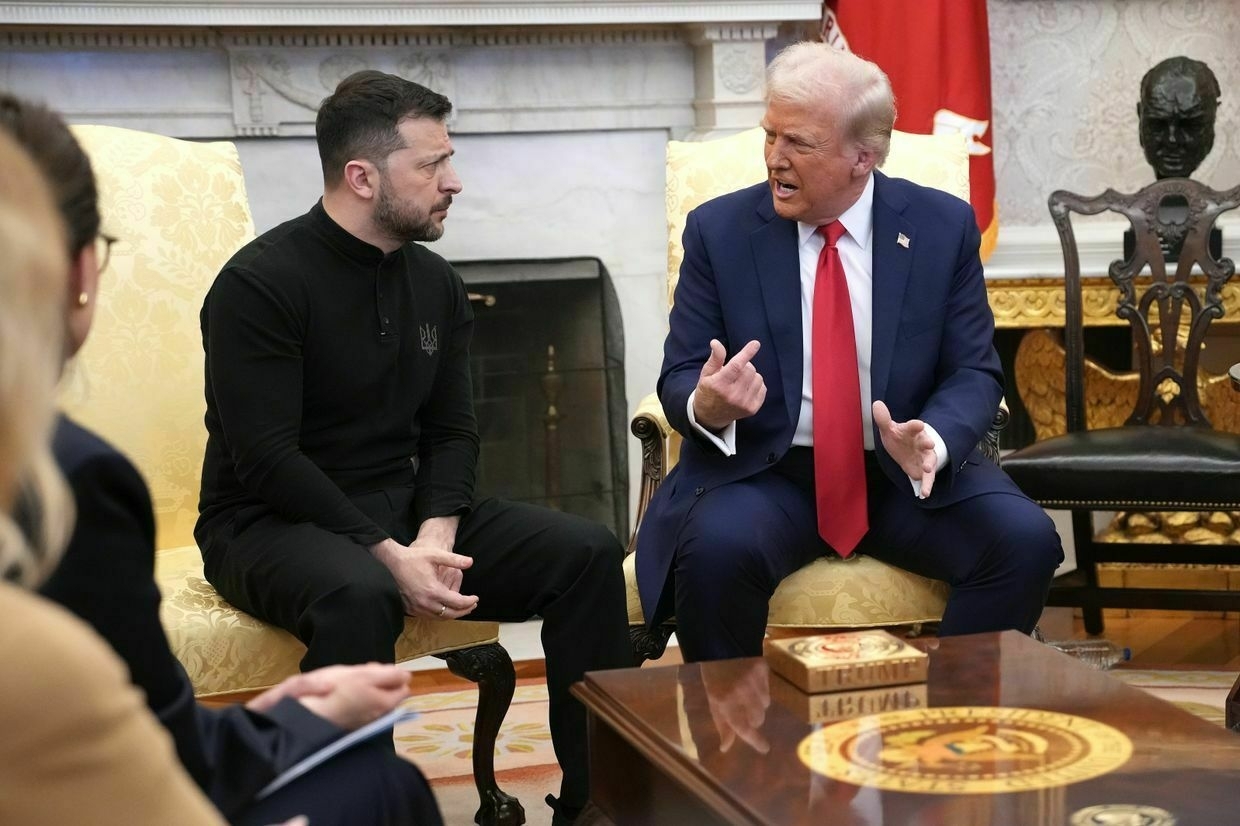
-
State Department did not delete investigation data into abducted Ukrainian children, spokesperson says
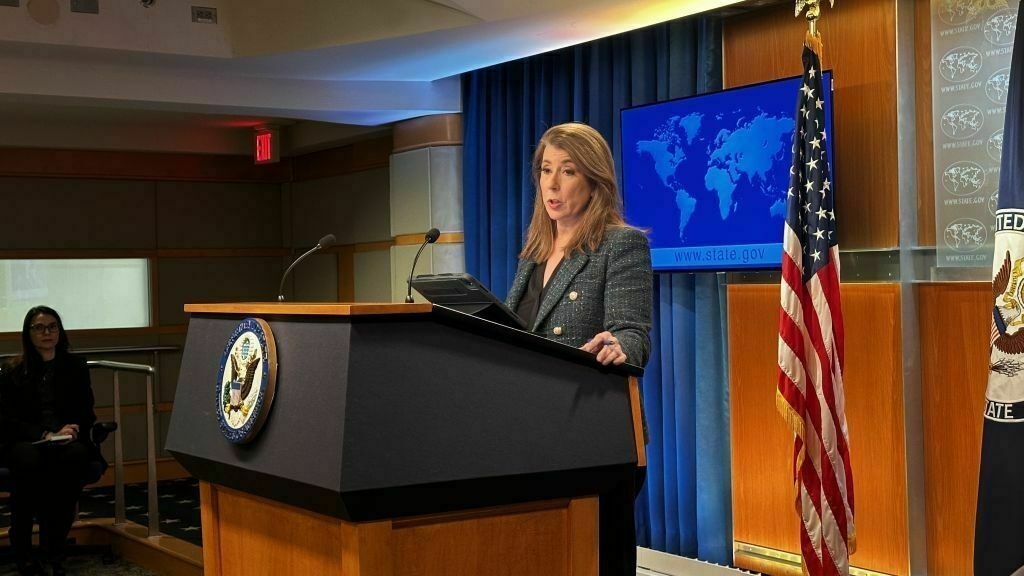
The U.S. did not delete data collected from investigations Ukrainian children abducted by of Russians amid the full-scale war, U.S. State Department spokesperson Tammy Bruce said on March 19.
The Trump administration cut funding to an initiative led by Yale University that tracked Russian war crimes, including the forced deportation of Ukrainian children. The database included thousands of Ukrainian children forcibly taken to Russia and there were concerns the data may have been deleted.
Bruce clarified the data was not controlled by the State Department and remains intact at a press briefing at the State Department on March 19.
“The data exists, it was not in the State Department’s control. It was the people running that framework, we know who was running the data and the website we know fully that the data exists and (it has) not been deleted and (is) not missing,” Bruce said.
The comments come amid the Trump administration’s efforts to cut various agencies and initiatives, including foreign aid. The multiple cuts to foreign funding has begun to affect international efforts to hold Russia accountable, including for war crimes committed in Ukraine
Bruce said it was “good news” that the data was not deleted in response to journalists.
“What I can tell you, though, is also that the conspiracy theory or the fear or whatever it was about data being deleted is untrue. So that is false,” she said.
Following a phone call with Russian President Vladimir Putin on March 18, U.S. President Donald Trump followed up with President Volodymyr Zelensky on March 19, the spokesperson said.
“President Trump also asked President Zelensky about the children who (have) gone missing from Ukraine during the war, including the ones that had been abducted. President Trump promised to work closely with both parties to help make sure those children were returned home,” Bruce said.
Even though funding has been cut to pre-existing frameworks, that does not mean the administration has abandoned its end goals, she said.
Researchers lost access to the database in February when officials terminated a contract with Yale University’s Humanitarian Research Lab.
Ukraine war latest: Trump, Zelensky hold phone call to discuss ceasefire; Ukraine brings back 175 soldiers from Russian captivityKey developments on March 19: * Zelensky agrees to halt strikes on Russian energy infrastructure during call with Trump * US ownership of Ukraine’s power plants would be ‘best protection’ of energy infrastructure, White House says * Ukraine brings home 175 prisoners of war in swap with Russia *…The Kyiv IndependentThe Kyiv Independent news desk
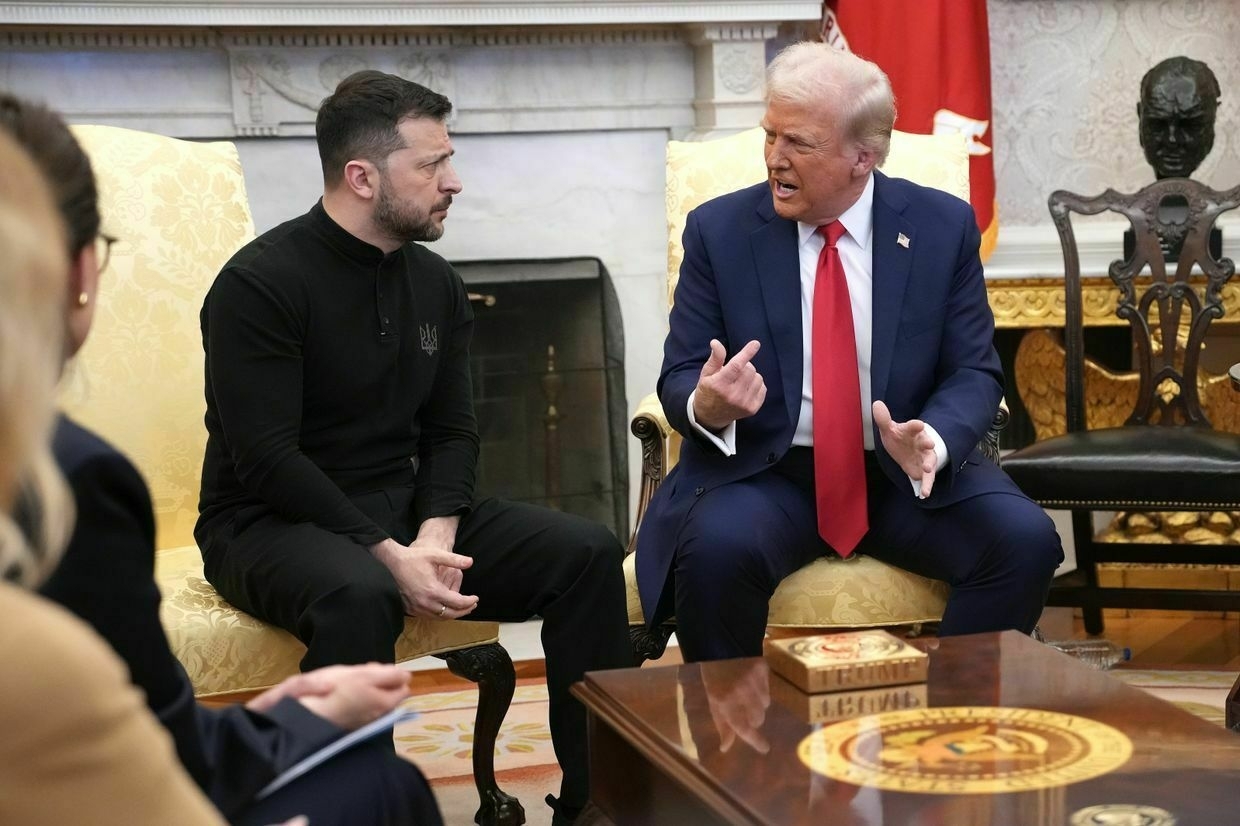
-
Zelensky confirms new arrival of F-16 jets to Ukraine
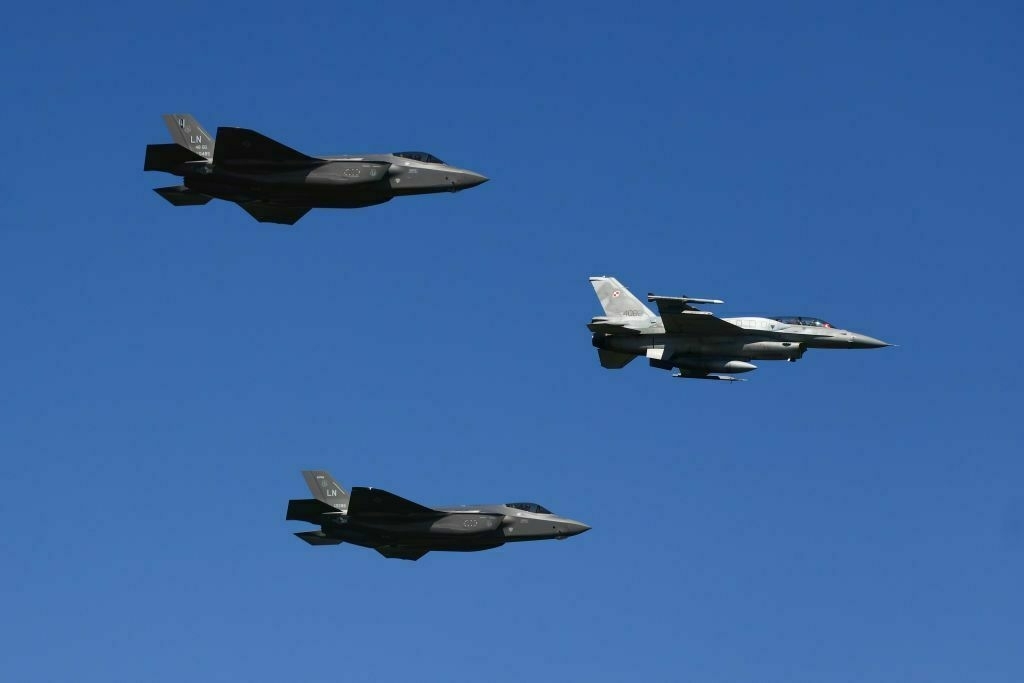
A new shipment of Western F-16 fighter jets has arrived in Ukraine, President Volodymyr Zelensky confirmed to journalists on March 19.
The president stated that several F-16s had arrived but did not reveal the exact number of jets delivered.
“Additional F-16s have arrived in Ukraine. The Russians lied that they shot down something there, they didn’t shoot anything down. And the good news is that several F-16 aircraft have arrived in Ukraine,” Zelensky told reporters during a briefing, RBC Ukraine reported.
Earlier in the day Russian media claimed that an F-16 jets was downed in Sumy Oblast, a claim that Ukraine’s Air Force denied.
Zelensky did not specify from where the jets were delivered from.
Ukraine has been requesting F-16s since the start of Russia’s full-scale invasion, with the first jets arriving in August 2024 after approval from several Western countries.
Several countries have contributed F-16 fighter jets to Ukraine’s defense efforts, with the Netherlands — who announced the continued deployment of F-16s to Ukraine — playing a significant role by committing 24 F-16s.
Denmark has pledged 19 F-16s, with initial deliveries made in 2024, while Norway has promised between 6 and 22 aircraft. Belgium has also announced its intention to supply F-16s, though the exact number remains undisclosed.
F-16s are used in both offensive and defensive operations. The aircraft have been used for intercepting Russian missiles and drones during aerial strikes against Ukraine. They could also be deployed to launch missiles and bombs at Russian positions along the front line.
Trump agrees to help Ukraine find available Patriot air defense systems in Europe, White House saysPresident Volodymyr Zelensky asked U.S. President Donald Trump for additional air defense systems to protect Ukrainian civilians, in particular, Patriot missile systems. The U.S. president agreed to find what was available, particularly in Europe, according to a readout of a call between the two lea…The Kyiv IndependentKateryna Hodunova
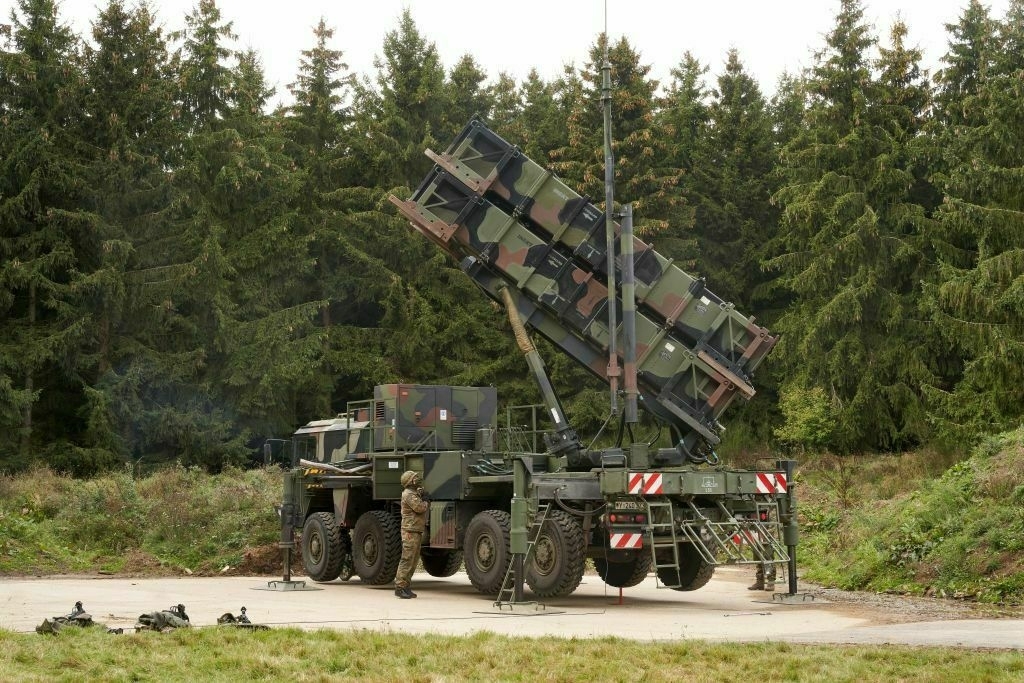
-
‘Consequences will backlash on Trump if he pushes Ukraine to Give Up on Territories!” Andreas Umland